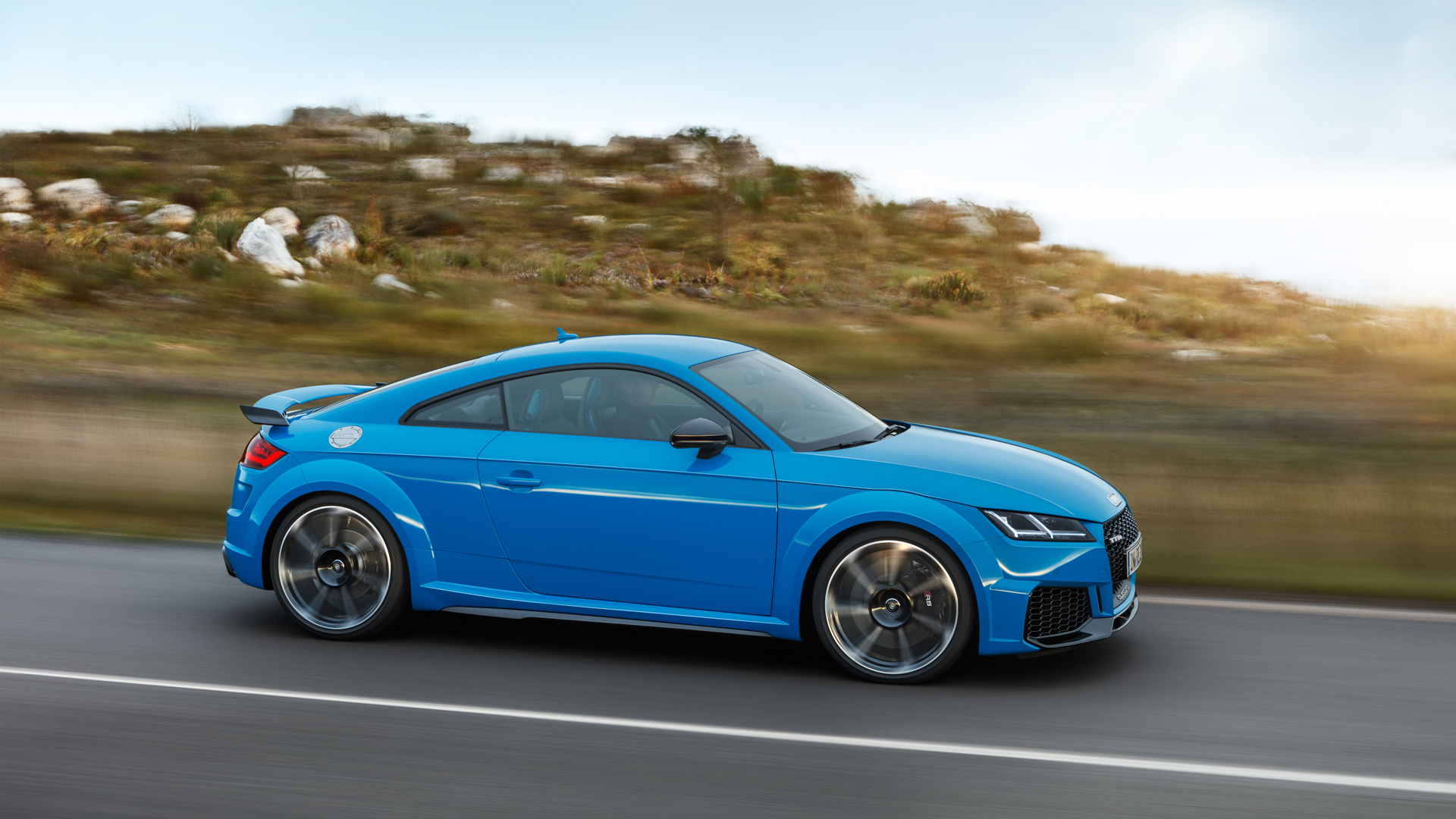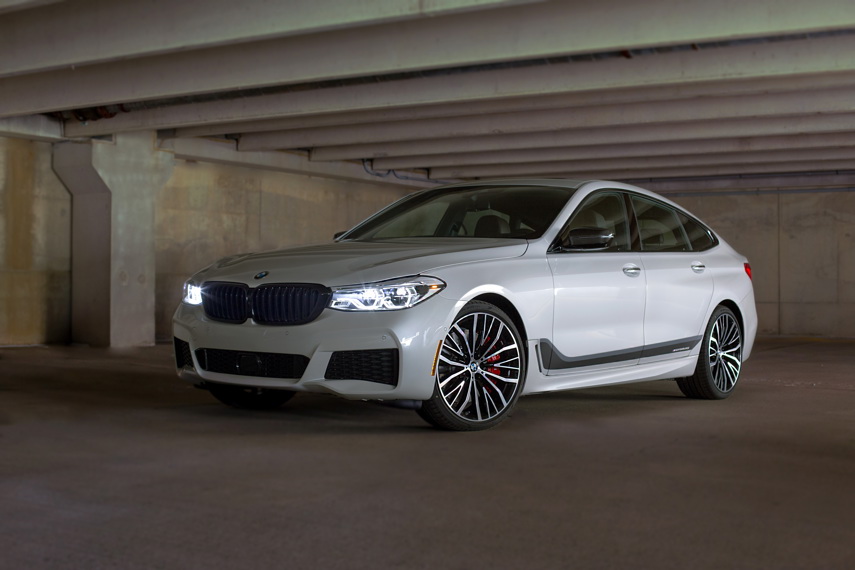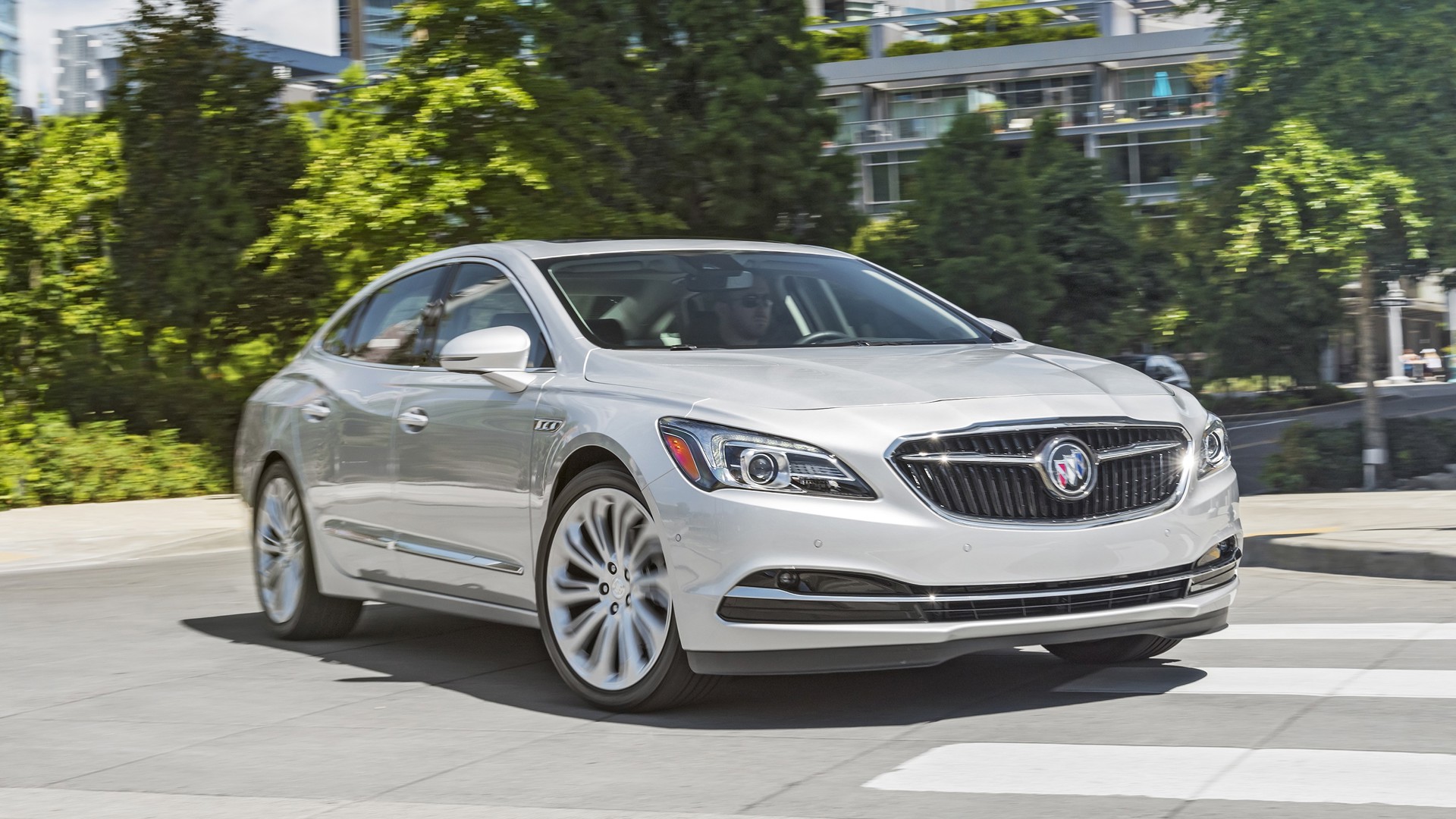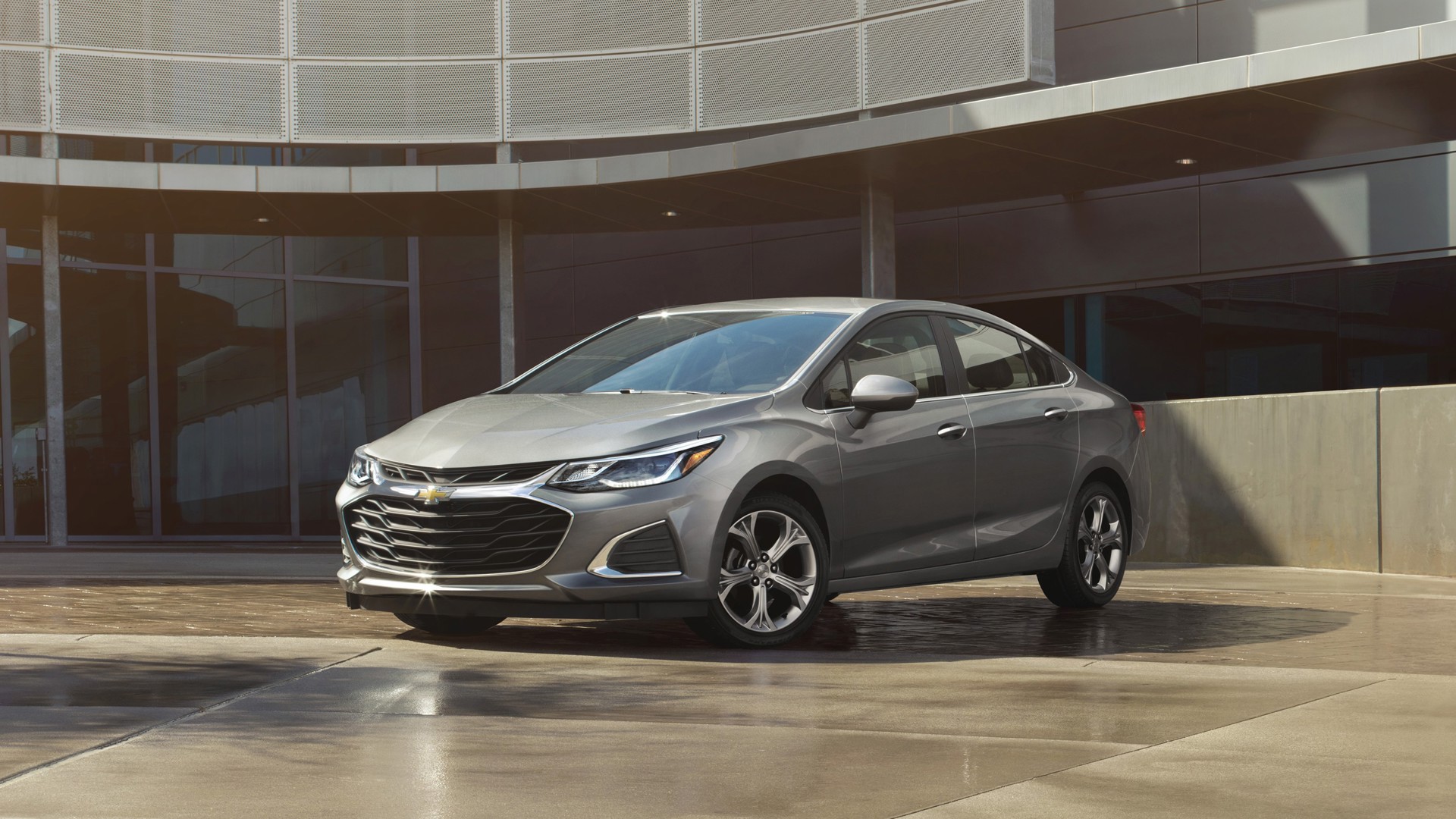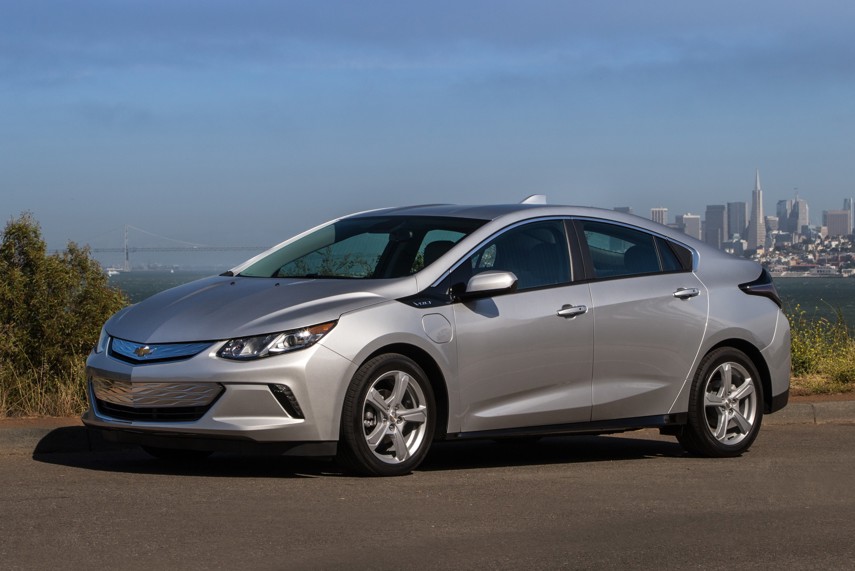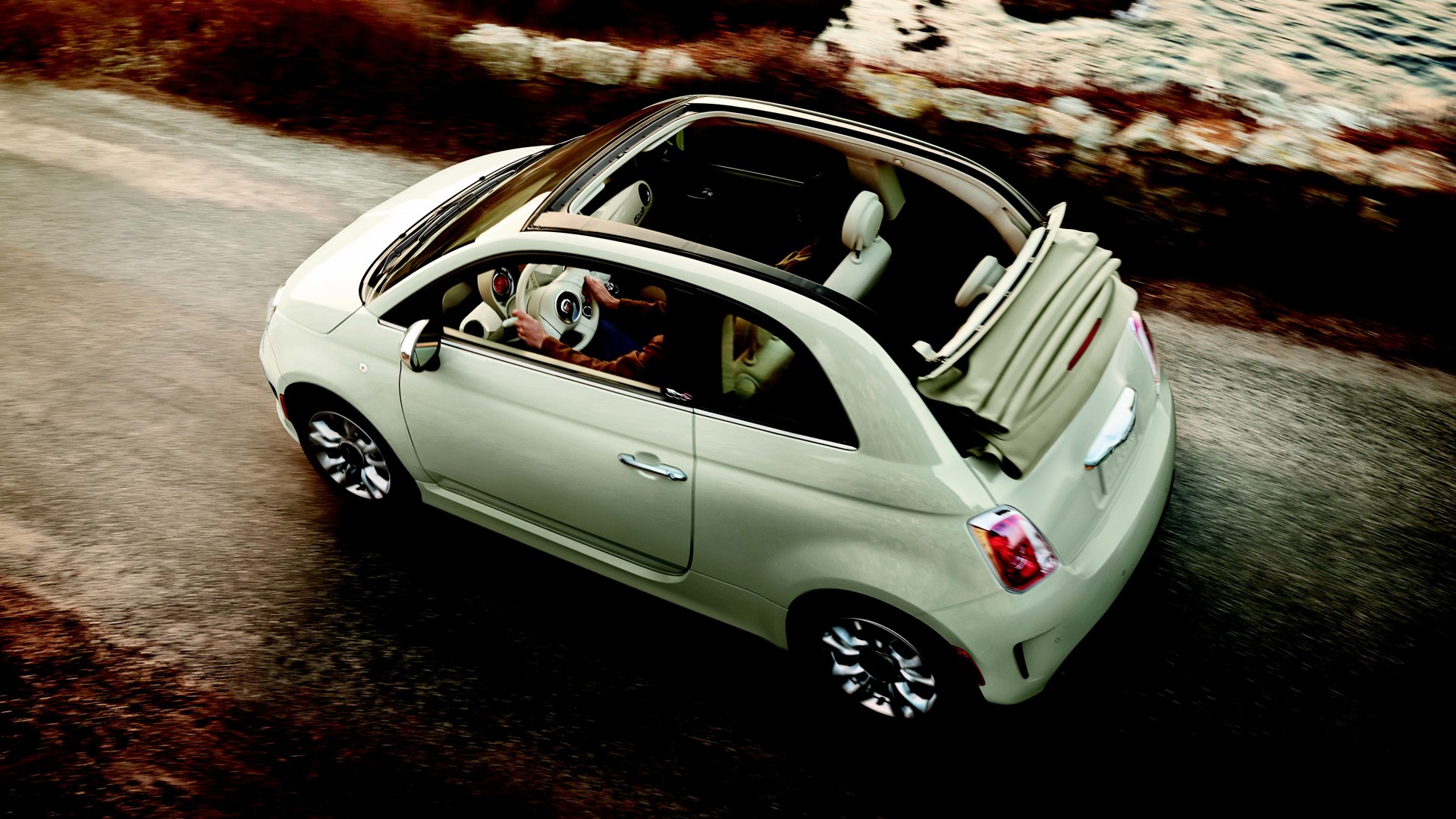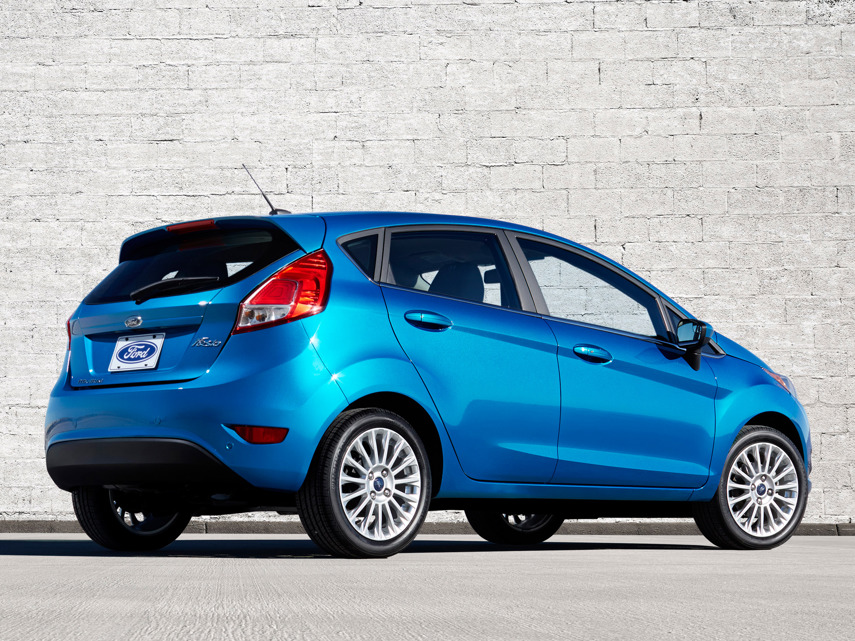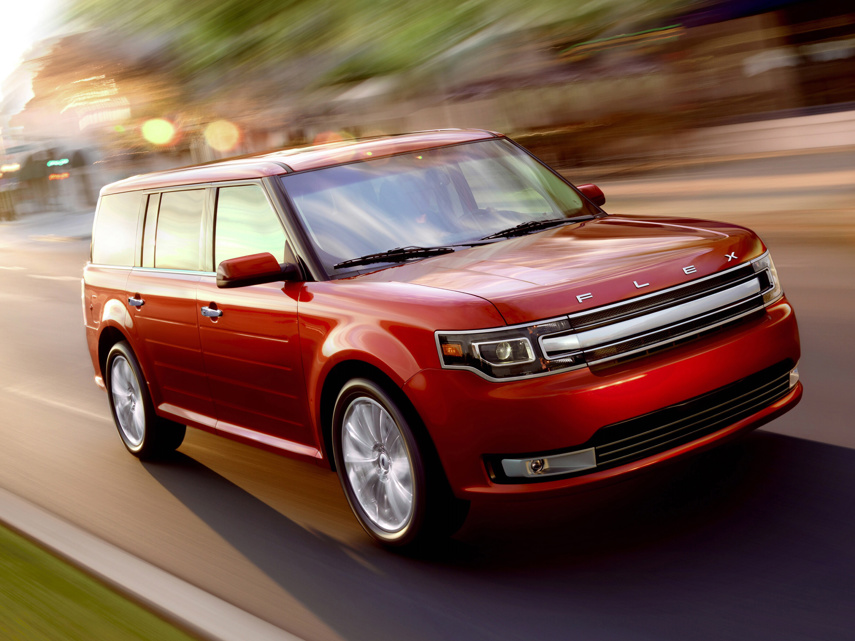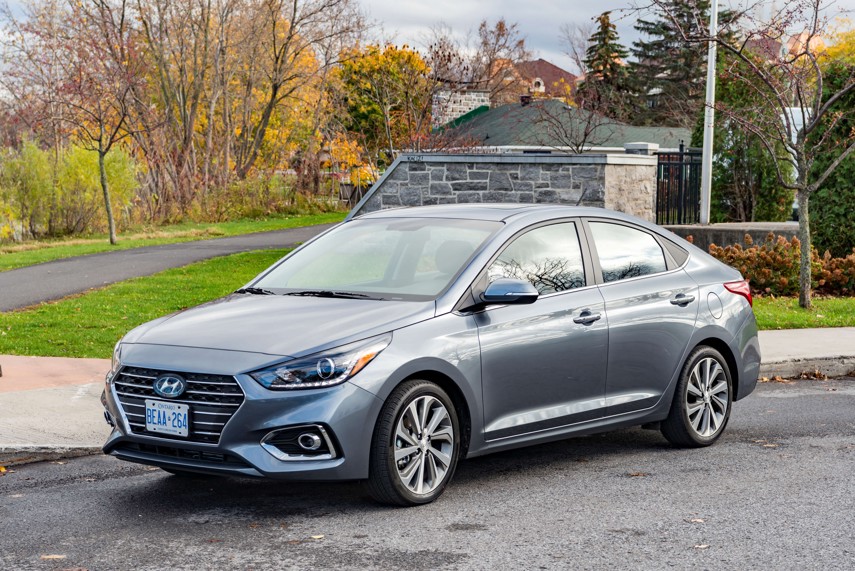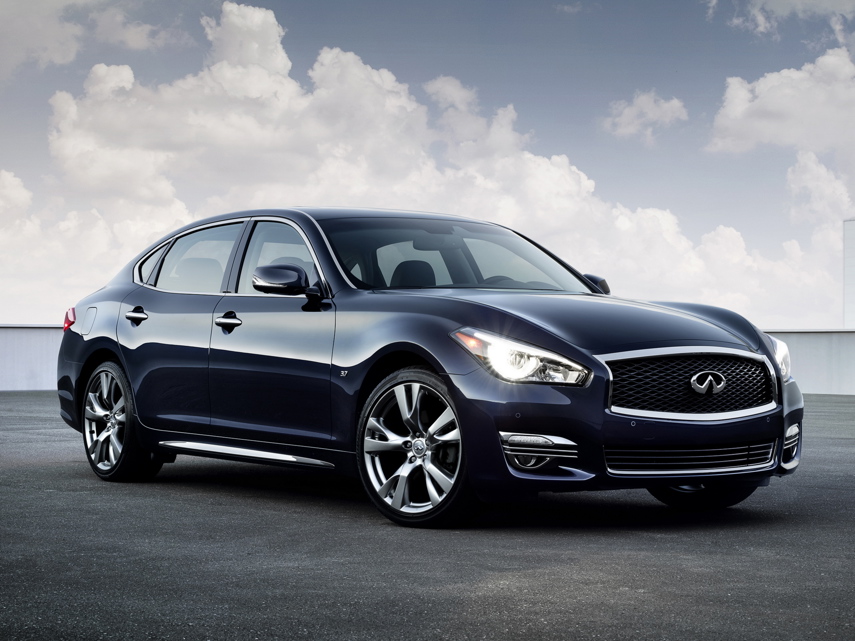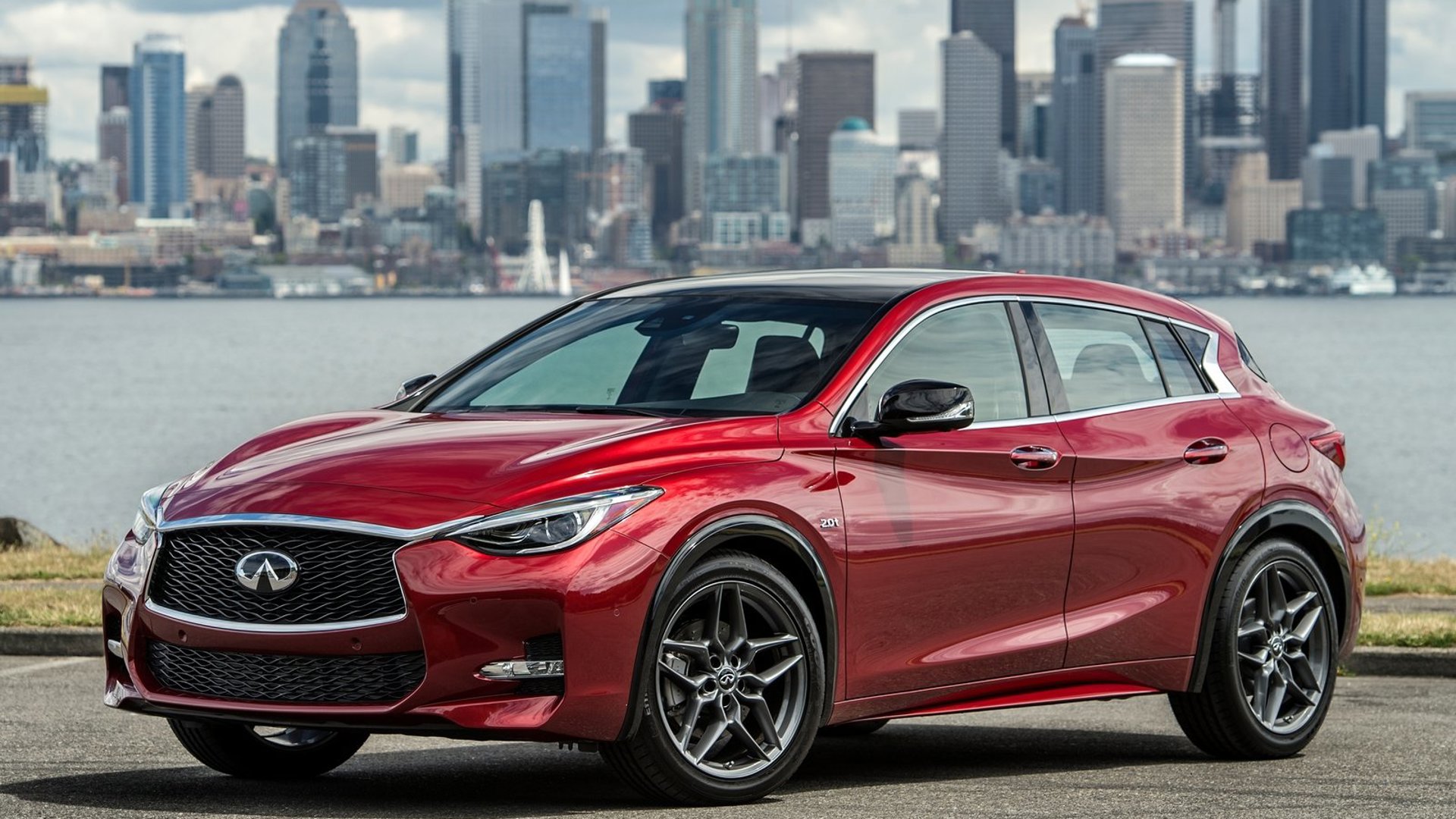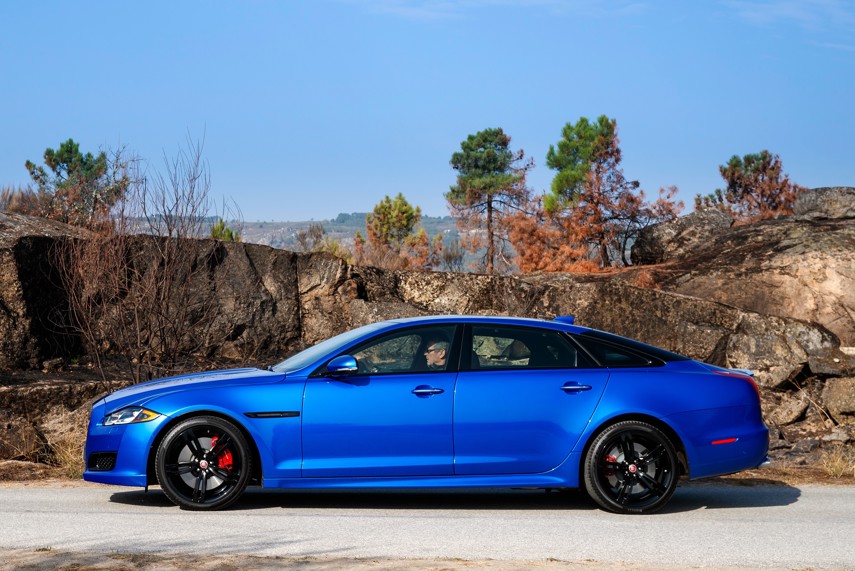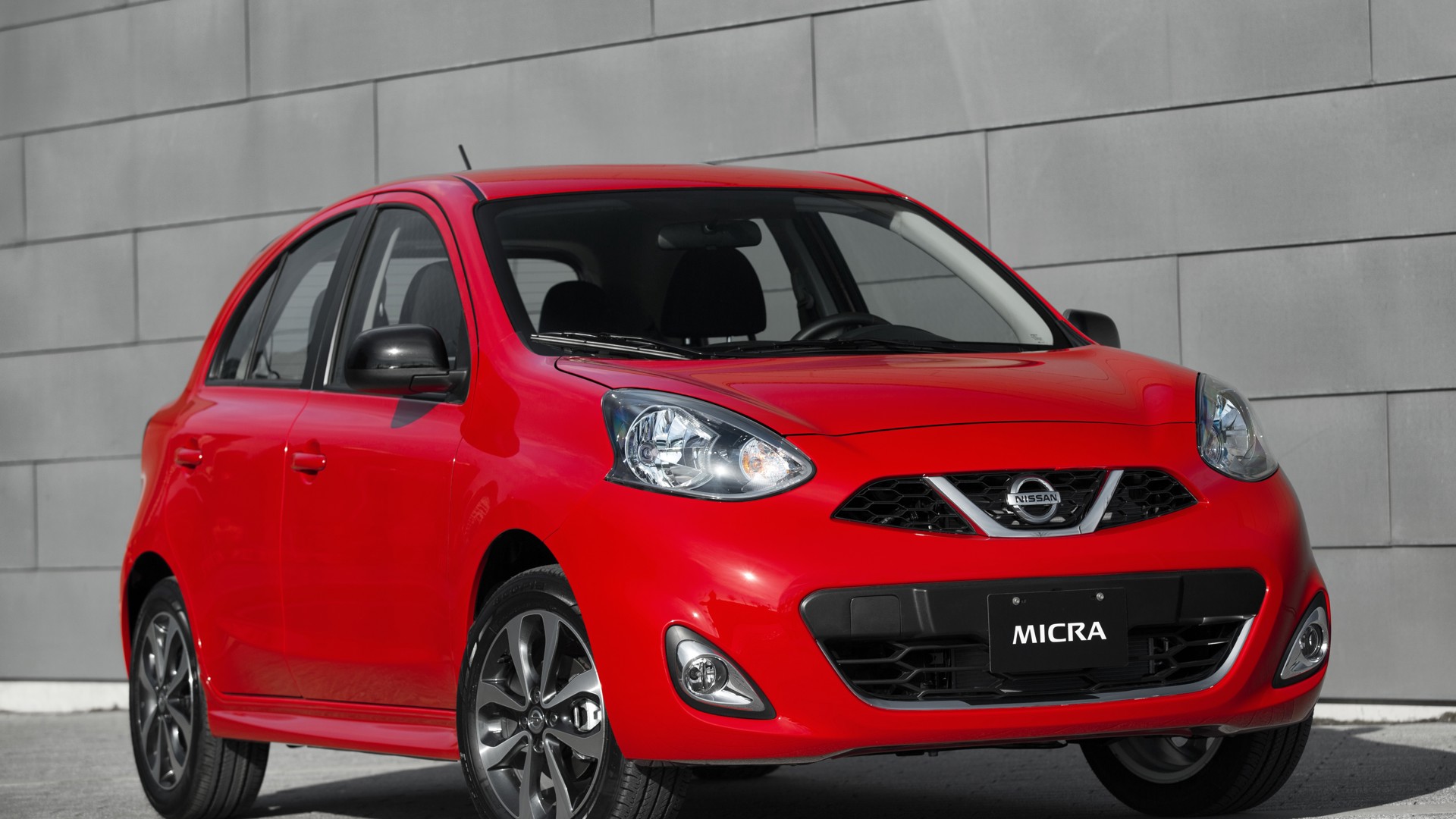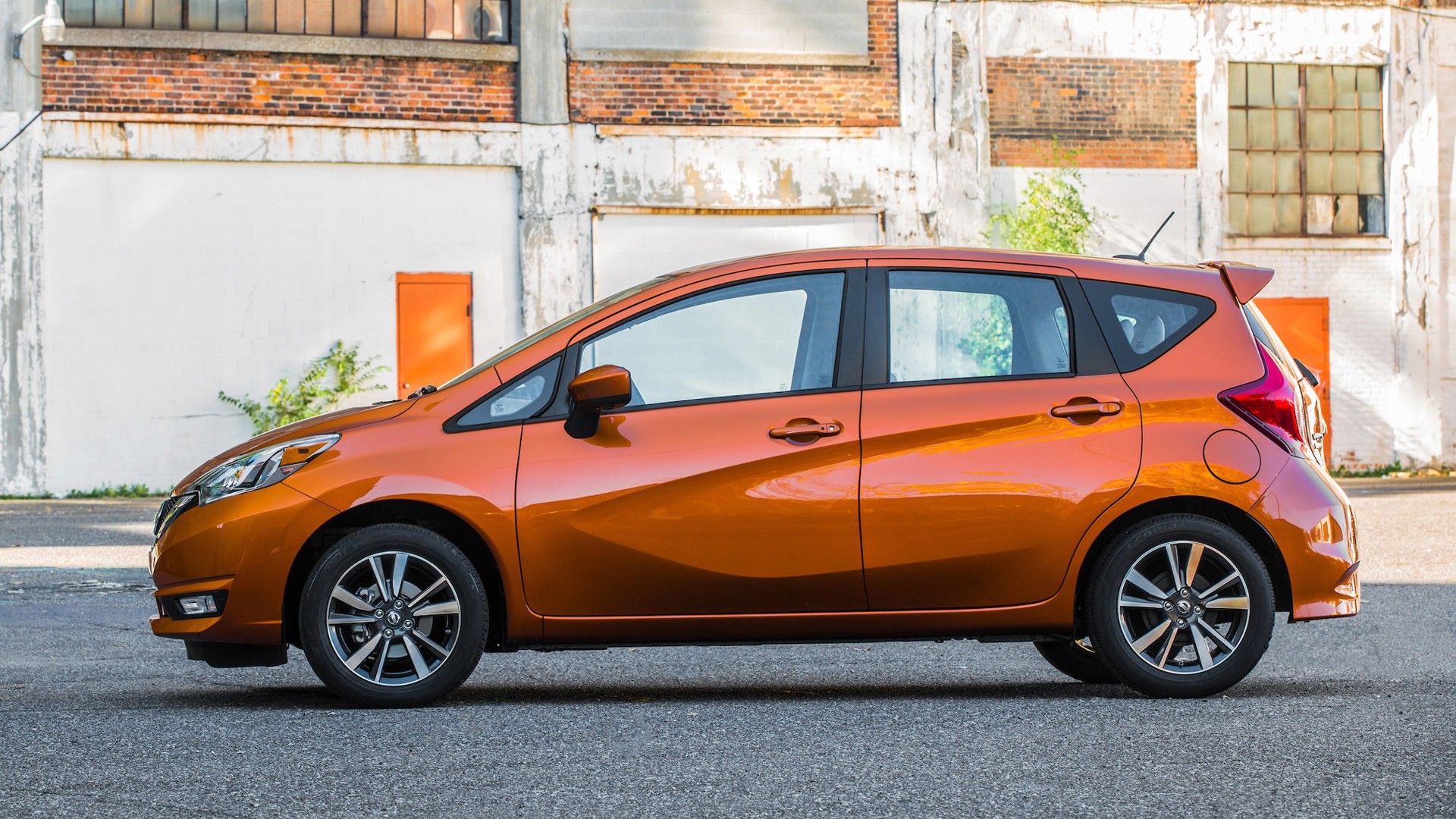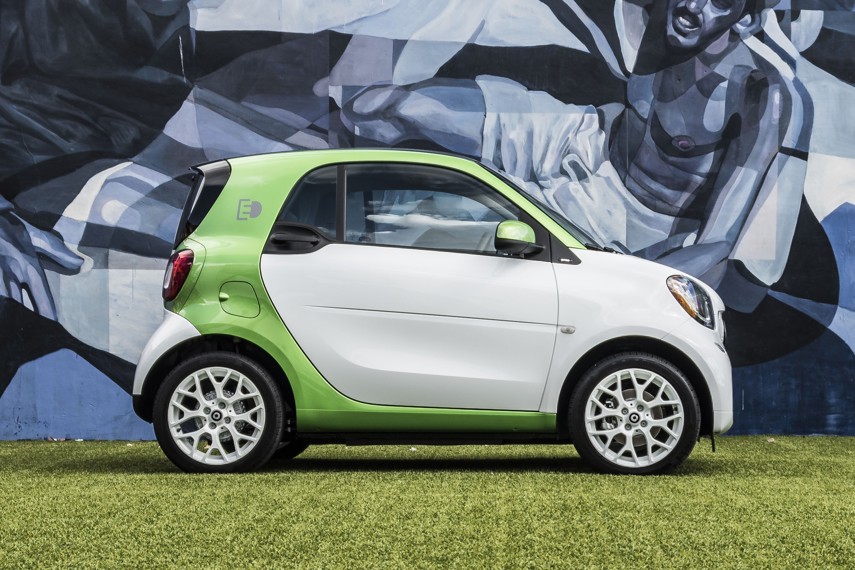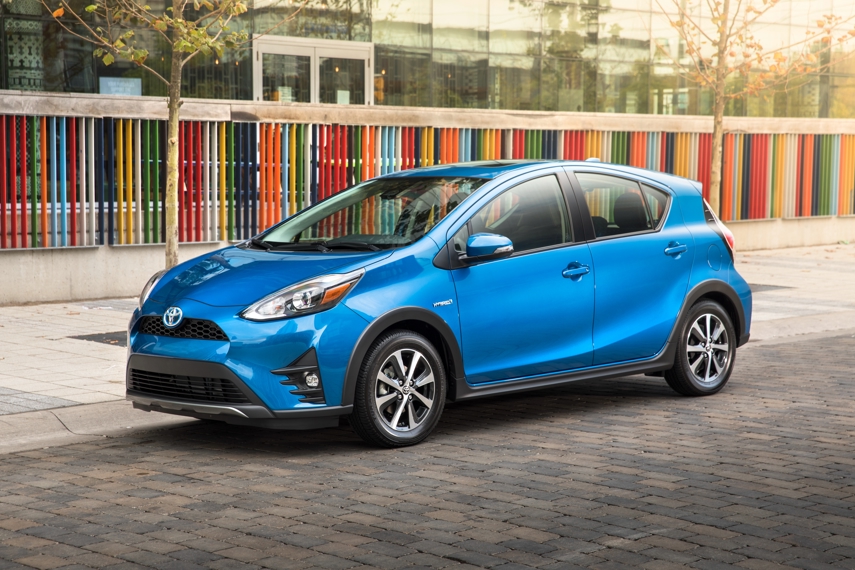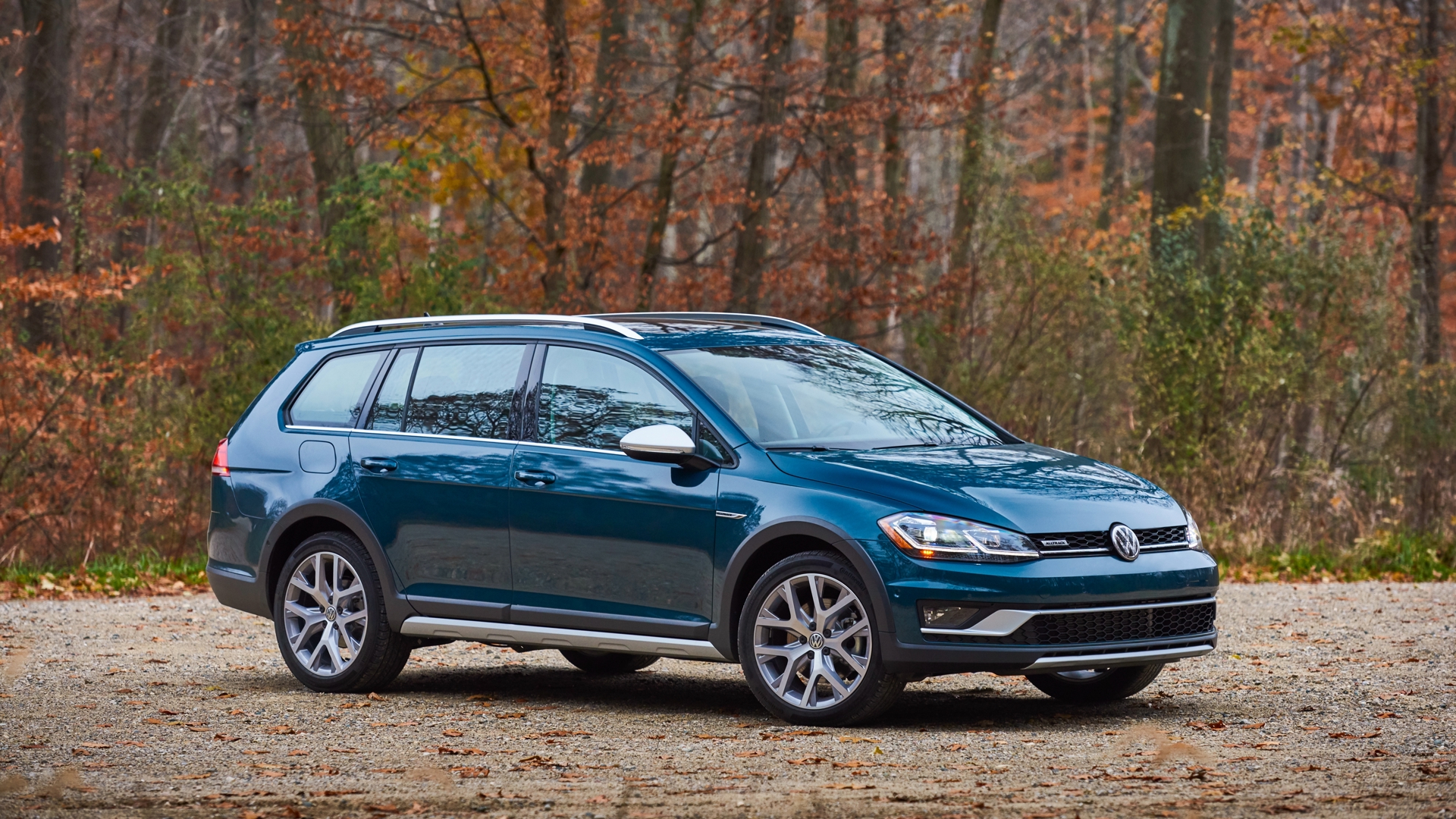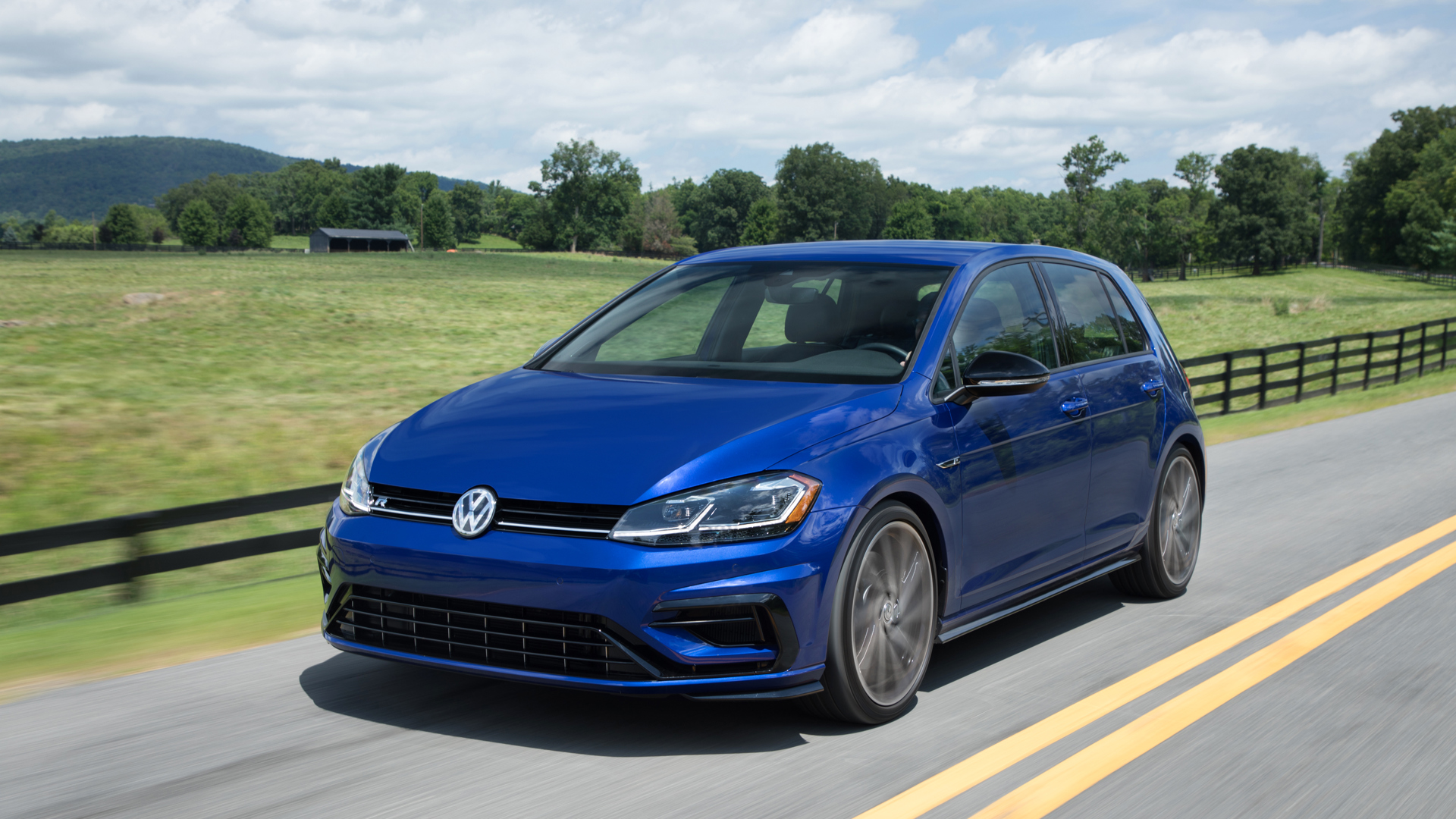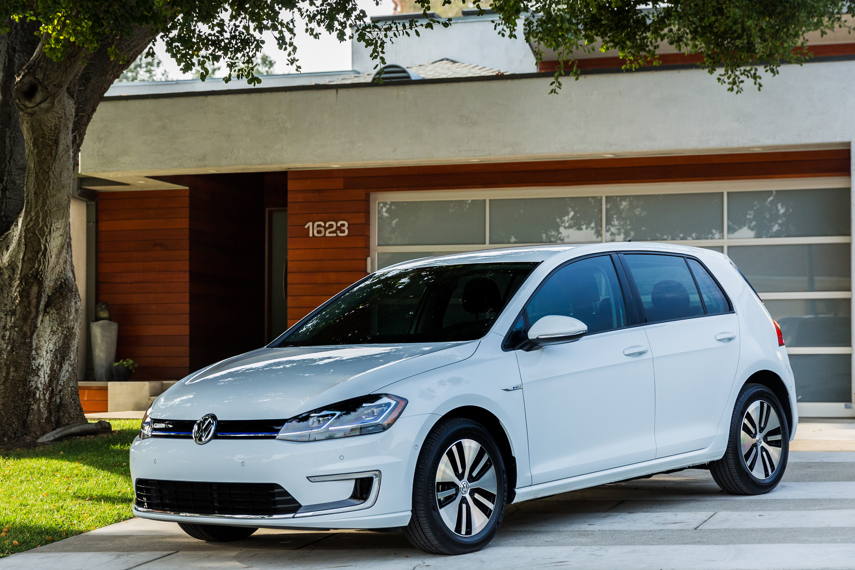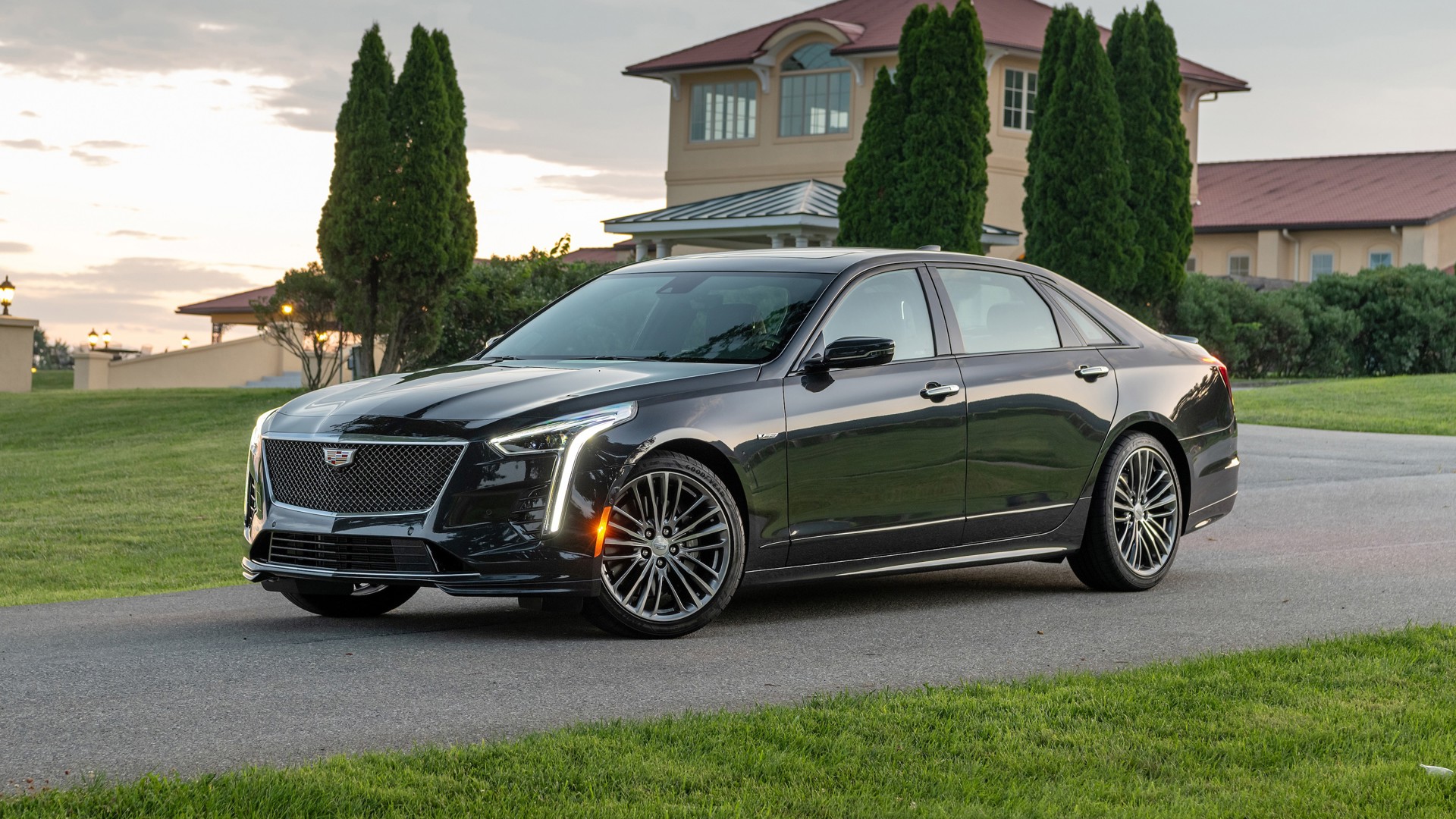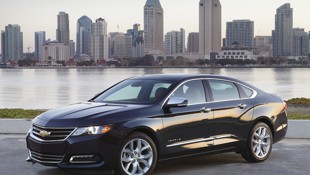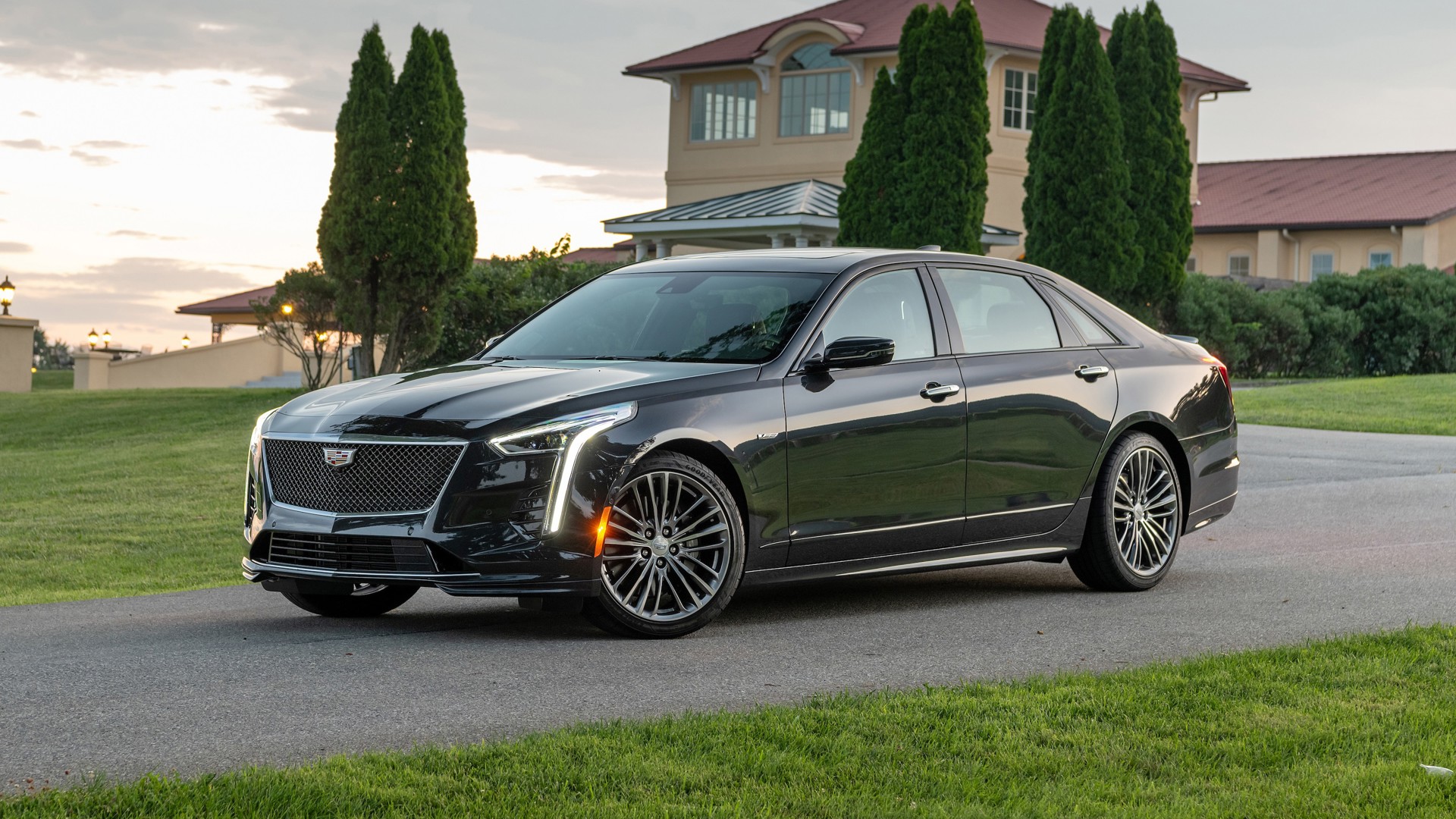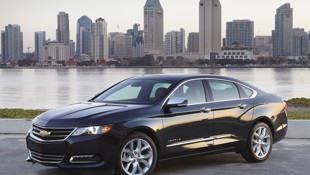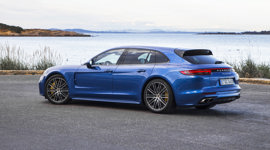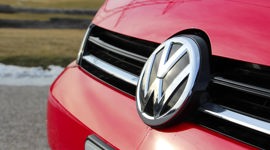Every year, car manufacturers engage in a process of attrition, trimming their lineups to eliminate models whose sales aren't living up to expectations or that have outlived their useful lifespans.
Changing consumer tastes are often cited as the reason for a vehicle being shuffled out of showrooms. At the moment, consumers are keen on crossovers and SUVs, although we have a hard time telling whether they're the vehicles people actually want, or if they sell well because they're what manufacturers are offering.
Either way, most of the vehicles we're waving goodbye to this year are cars, many of them compacts and/or sedans. Read on for our 2019 cancellation compilation, an alphabetical listing of all the nameplates that will not return for the 2020 model year.
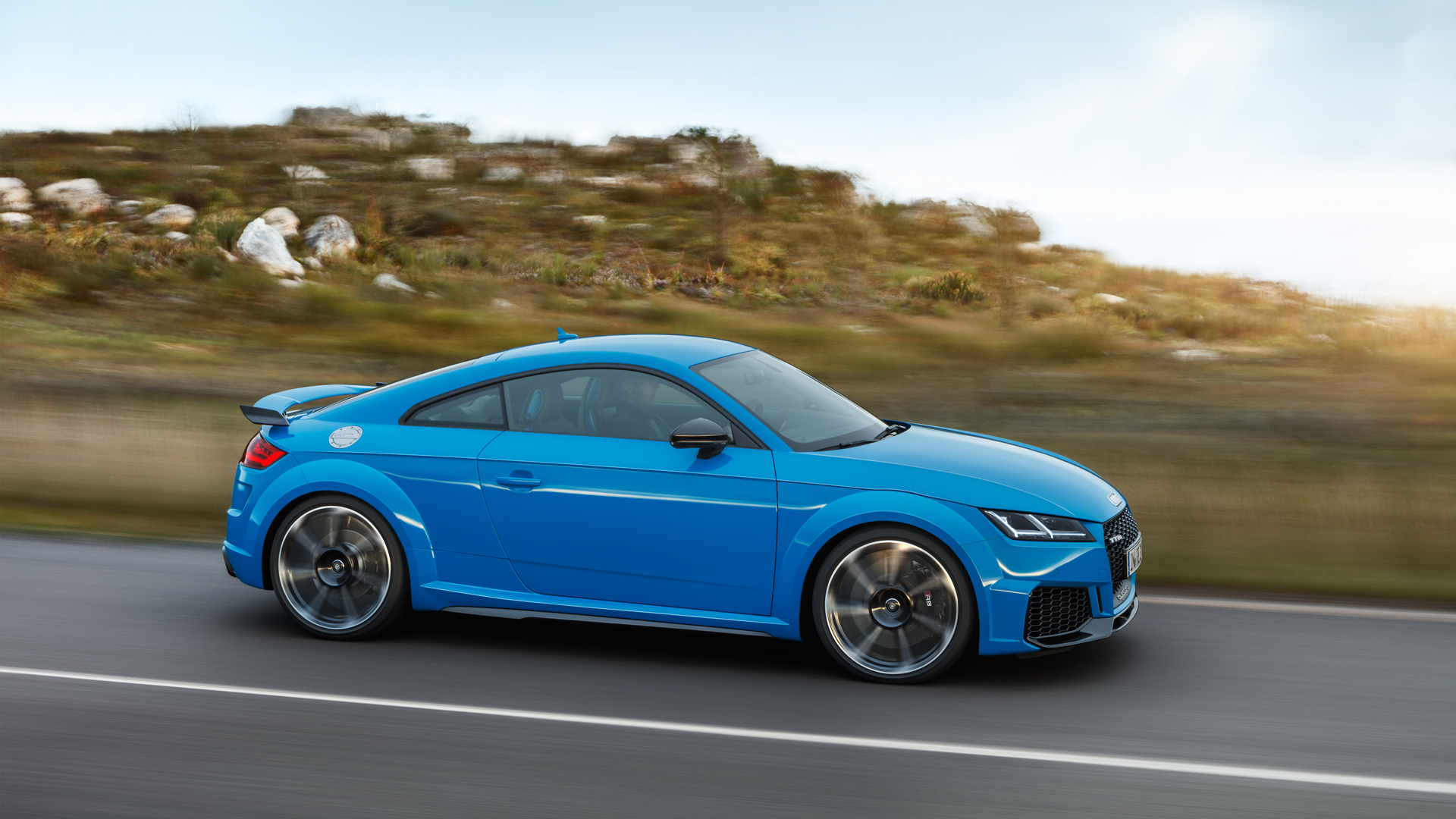
Audi TT (2000–2019)
Audi introduced the TT in the late 1990s, and it quickly became a style trendsetter in the auto industry. However, like many cars that start out as good-looking superstars, the shine slowly wore off the TT through three generations and nearly two decades on the market. Rumour has it this car's demise will make way for a new sporty – and possibly electric – crossover that may use the TT name.
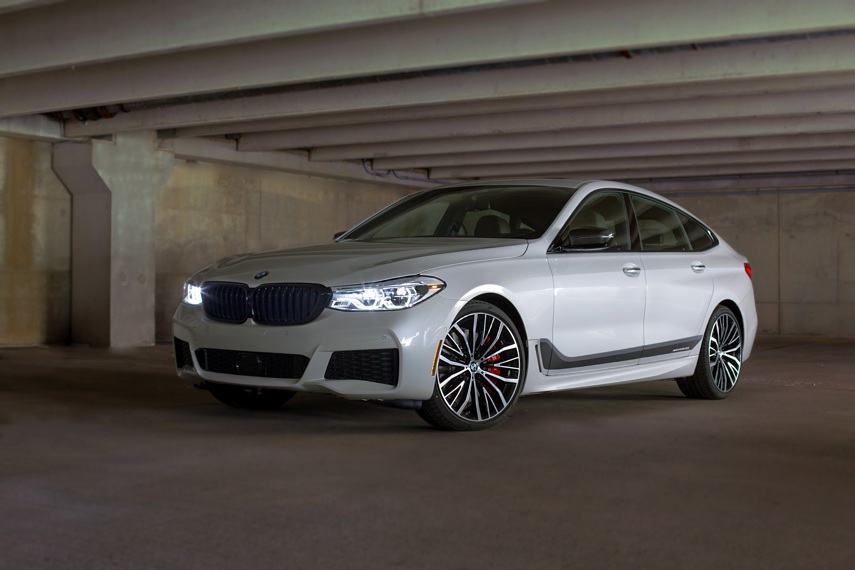
BMW 6 Series (2004–2019)
The 6 Series is the victim of BMW's bid to move its brand image further upmarket. The coupe, convertible, and Gran Coupe (a four-door hatchback with a sleek roofline) have been replaced by flashier and pricier 8 Series models in the same three body styles. The 6 Series name dates back to the 1970s, but the first modern iteration invited controversy at its 2003 introduction, thanks to its polarizing styling and being one of the first BMWs to use the iDrive infotainment system.
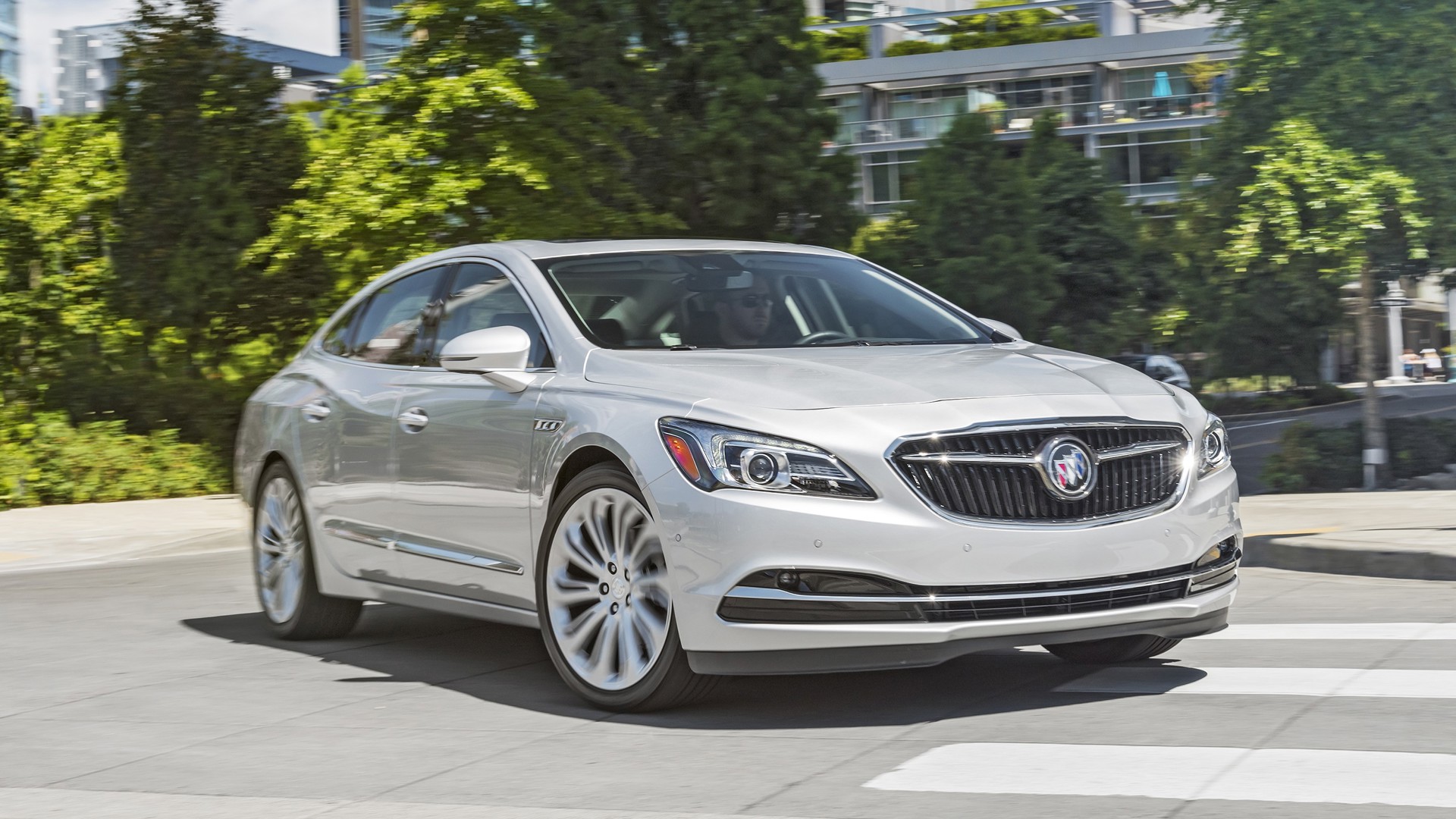
Buick LaCrosse (2012–2019)
Buick has been in a state of transition for more than a decade now, with the folks at the top desperately trying to keep this General Motors brand relevant. Conceptually, the LaCrosse was a symbol of the old Buick, a company that built cushy sedans for people like your grandparents; in practice, it was a well-executed, nice-to-drive luxury car. The LaCrosse's disappearance moves Buick one step closer to becoming an all-SUV brand; the door will have hardly swung shut behind this sedan when the Encore GX – a compact crossover – arrives next year to slot between the current Encore and Envision utility models.

Chevrolet Cruze (2011–2019)
Canada's bustling compact-car class shrank by one in 2019 with the disappearance of the Chevrolet Cruze. Through two generations, the Cruze added some European flavour to the segment, but like so many auto brands, Chevrolet has realized the real profits these days are in crossovers and SUVs. Soon, Chevy shoppers who might have taken home a Cruze will be directed to the Trailblazer subcompact crossover.
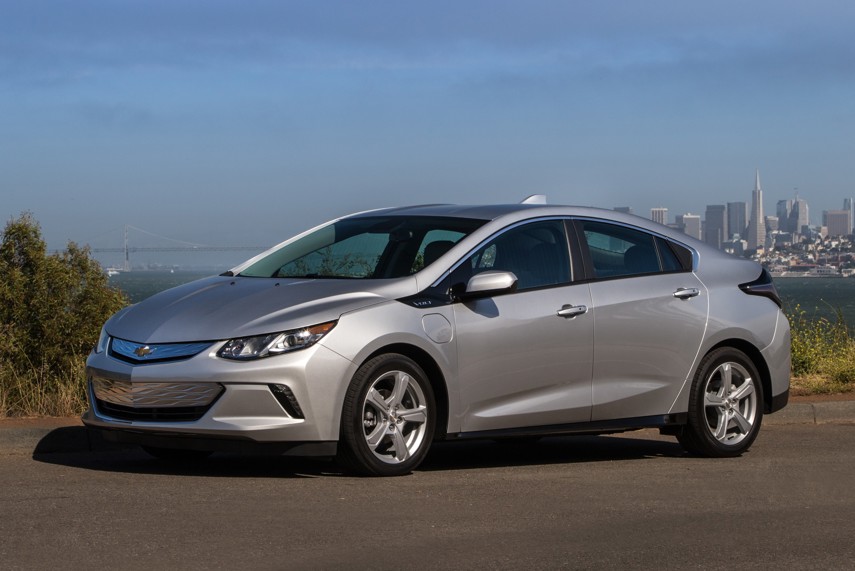
Chevrolet Volt (2012–2019)
Chevrolet's original mainstream plug-in car was retired this year as GM focused its electric-car efforts on the battery-only Bolt. Not to sling shade at the newer Bolt, but we'll miss the Volt for its combination of useful electric driving range and gas engine, which made it an excellent all-rounder. The Volt's elimination comes a year after Chevrolet added a high-speed charging system that made it easier to use the car's promised 85 km of electric driving. Cutting the Volt seems like a short-sighted decision to us. Perhaps Chevrolet was concerned consumers were having trouble keeping the Volt and Bolt straight, given their similar names.
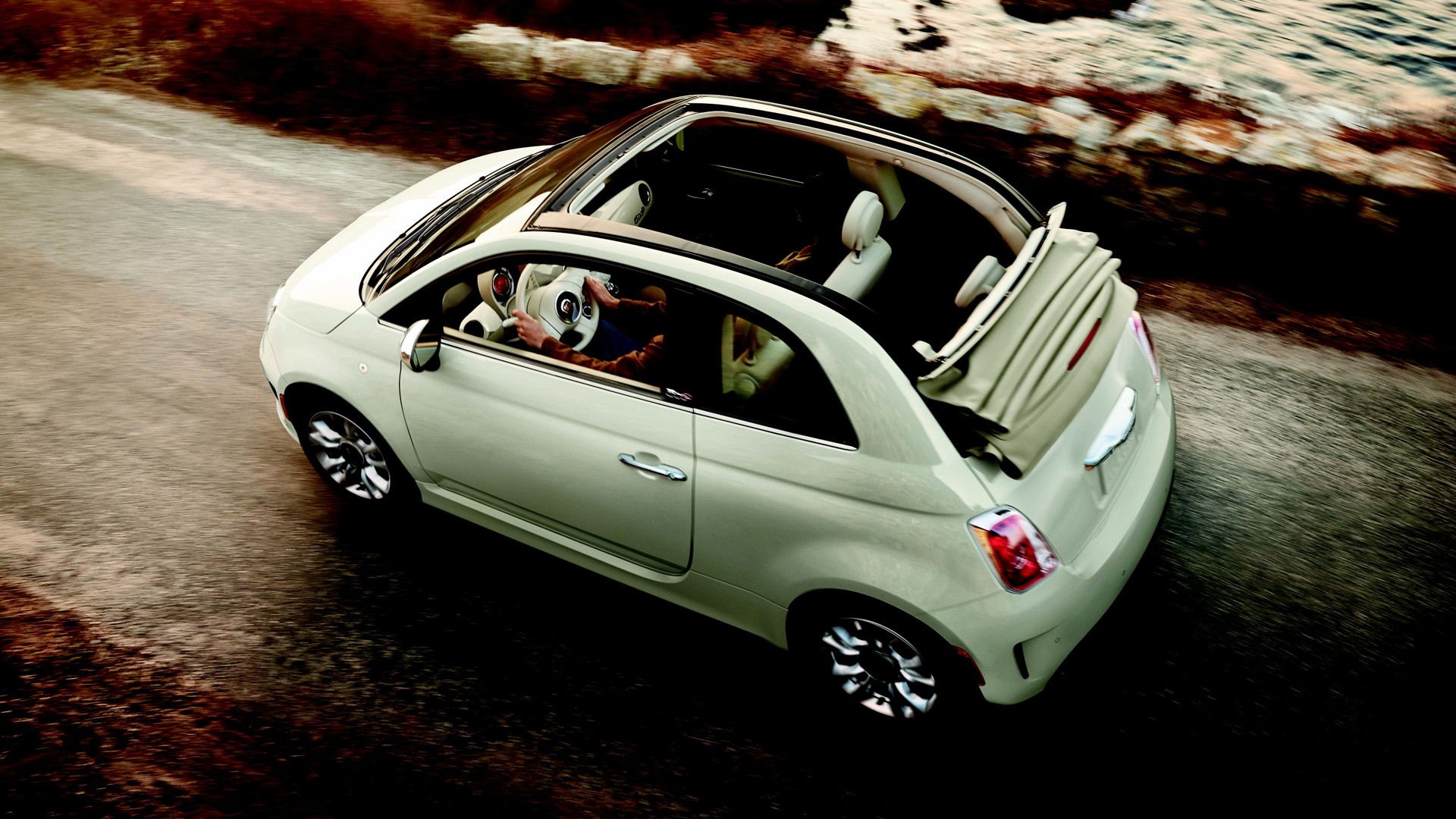
Fiat 500 (2012–2019)
Here's a car whose disappearance doesn't surprise us one bit. Fiat's sales have been pretty dismal for a while, and the tiny 500 is simply not the kind of vehicle Canadians seem to want at the moment. Interestingly, the 500 was actually Fiat's second-best-selling car through October 2019, after the 124 Spider. We have to wonder whether Fiat is long for the North American market when even its 500X SUV is proving a hard sell for the brand's dealers.
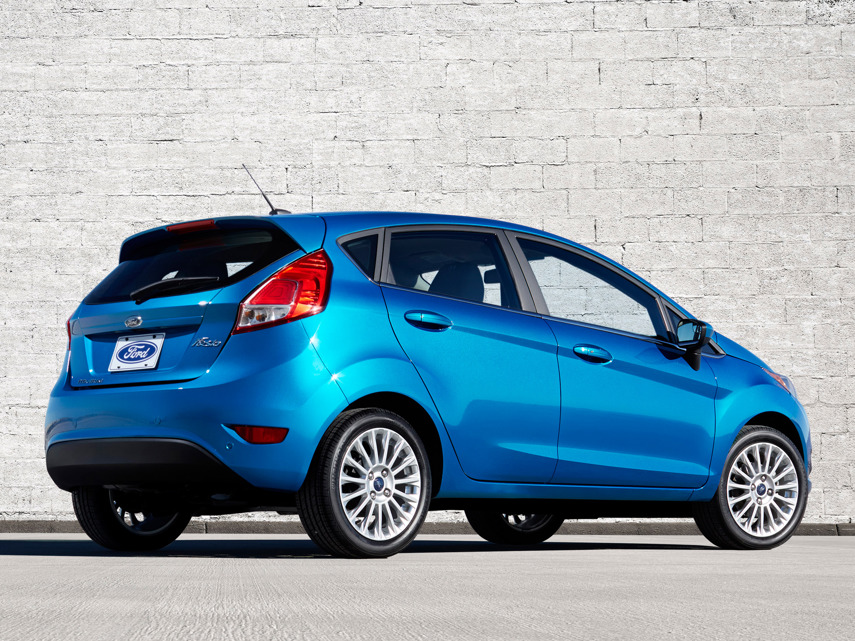
Ford Fiesta (2011–2019)
Ford began importing the sixth-generation Fiesta to North America in 2011, a few years after the original Honda Fit kicked off a brief subcompact car craze in 2007. Designed primarily for Europe, the Fiesta was uncommonly entertaining and refined for a little car. However, it fell victim to Ford's decision to focus on its SUV, crossover, and truck lineups in North America.
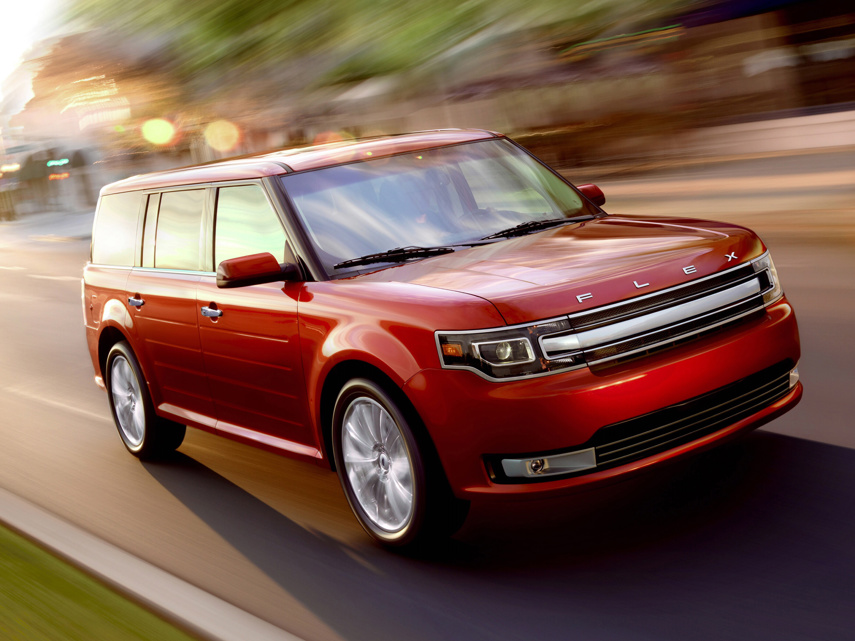
Ford Flex (2009–2019)
Ford is also apparently intent on eliminating duplication in its vehicle offerings, so it cut the Flex to direct more buyers to the new-for-2020 Explorer. We're legitimately sad to see this one go away. Underneath love-it-or-hate-it styling (which we think aged well) was a flexible interior whose third-row seats offered more space than some competitors' newer designs. The Flex's departure also means a loss of jobs at Ford's Oakville factory.
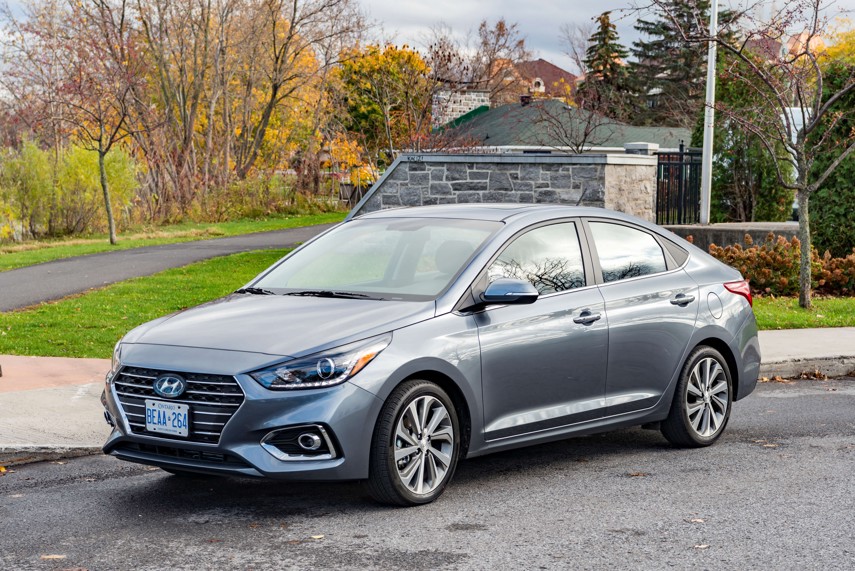
Hyundai Accent sedan (1995–2019)
Hyundai's Accent subcompact sedan is gone as Hyundai clears showroom space for the Venue, a new small crossover. However, the Accent hatchback lives on as the brand's entry-level model. Canada is hot for Hyundai's utility models, like the recently added Kona and Palisade, so making room for another makes a lot of sense from product planning and profit perspectives.
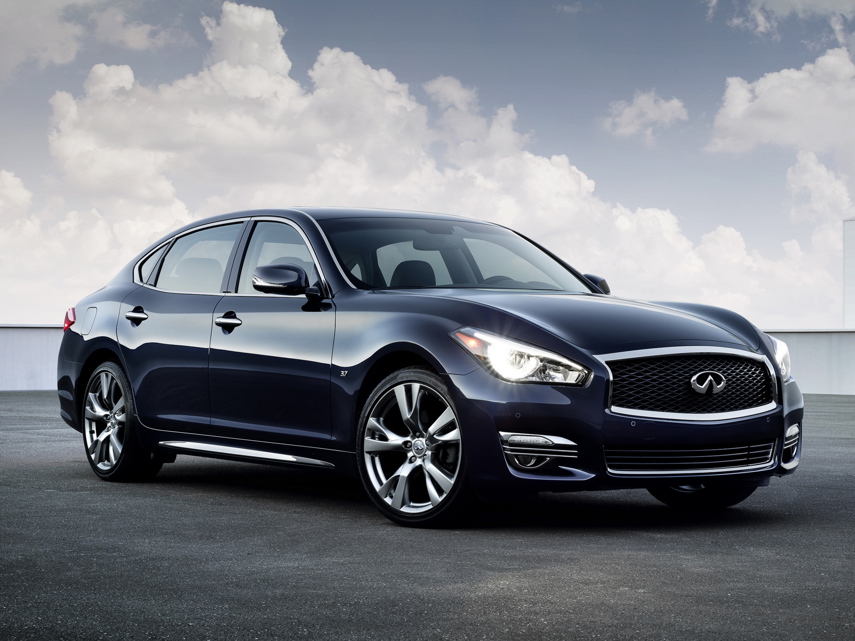
Infiniti M/Q70 (2011–2019)
This mid-size luxury sedan started life as the second-generation Infiniti M and was renamed Q70 in 2014. Its styling already looked dated back then, and Infiniti made few changes after that, save for the addition of a long-wheelbase model with extra rear-seat legroom. The M/Q70 is a victim of bad timing, coming to market just as the luxury-crossover craze began. It also lacked the personality and panache necessary to steal sales from better-established German sedans like the BMW 5 Series, Mercedes-Benz E-Class, and Audi A6.
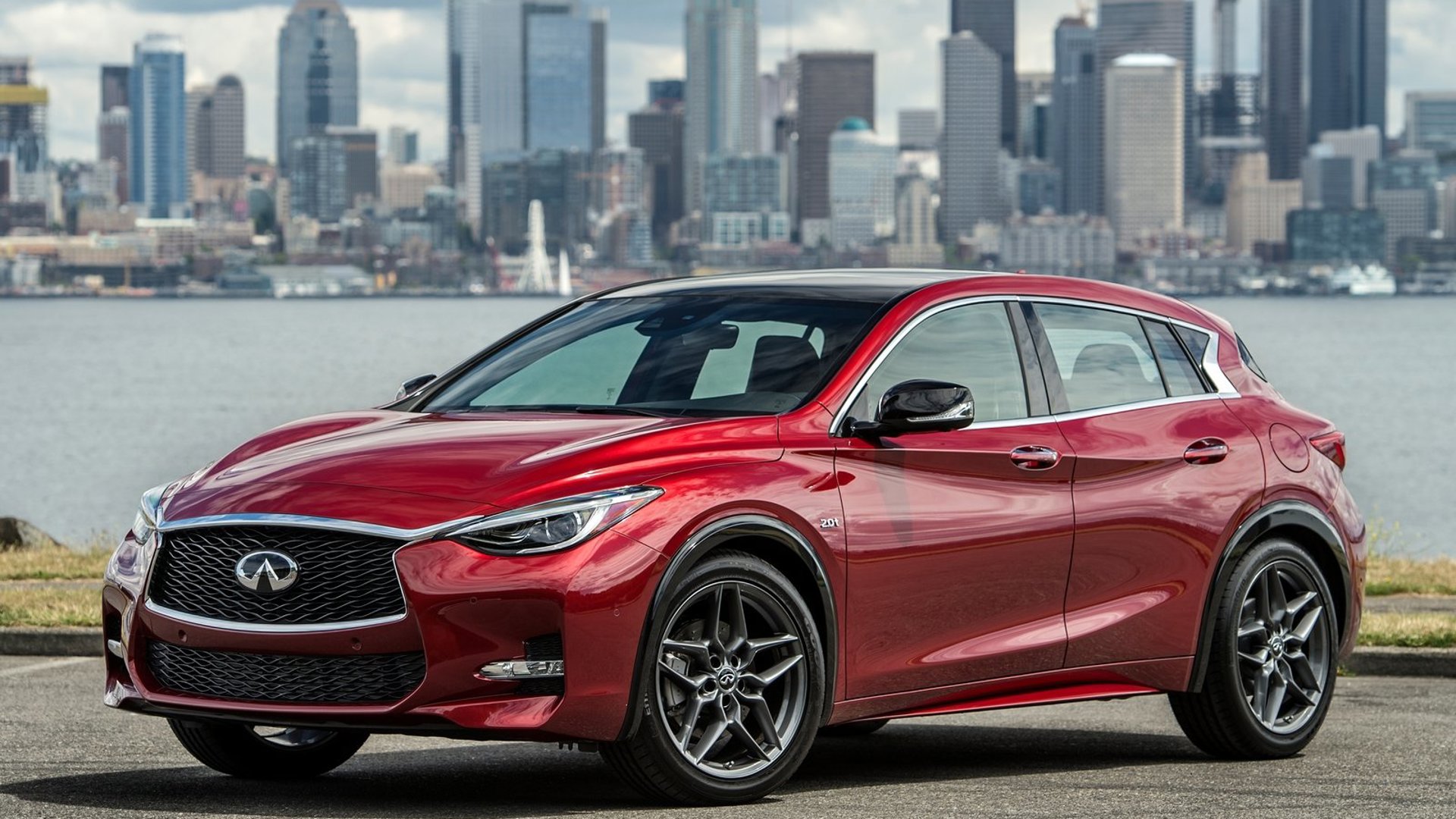
Infiniti QX30 (2017–2019)
As automakers all over the price spectrum scramble to get into the subcompact crossover segment, Infiniti has pulled its QX30 out after just three years on the market. The QX30 was the result of a collaboration between Nissan's upscale brand and Mercedes-Benz, with the German company supplying its GLA-Class platform as the QX30's starting point. Under an all-Infiniti exterior was a Benz powertrain and a cabin built around components from the Mercedes parts bin.
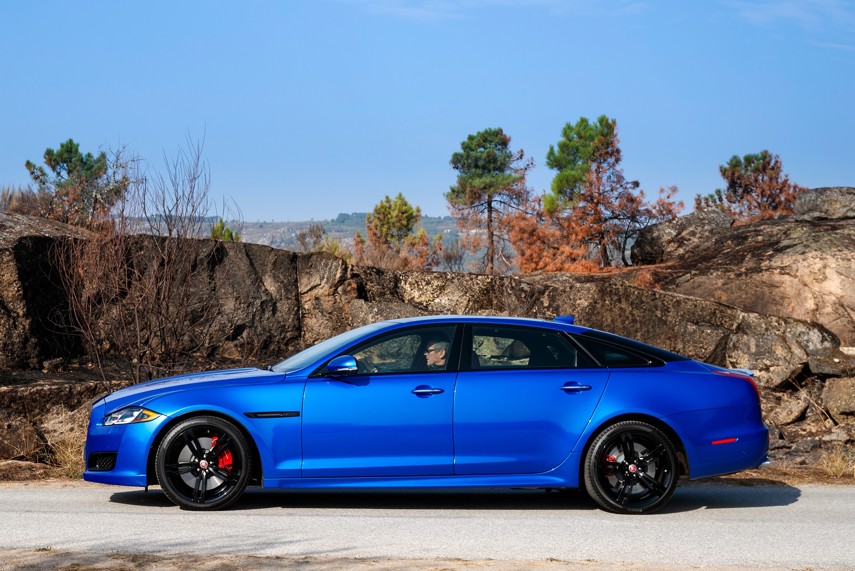
Jaguar XJ (1968–2019)
This year marks the end of an era for Jaguar, which has ended production of its full-size XJ sedan. For more than 50 years, the XJ has been the ultimate Jag and a symbol of traditional English wealth and luxury. It's especially easy to pin this decision on the rise of the SUV, but there's more to this story. Jaguar says the XJ will return in 2020 as an electric vehicle, though company execs are coy about what shape it will take. Don't count on it being another big British saloon, however.
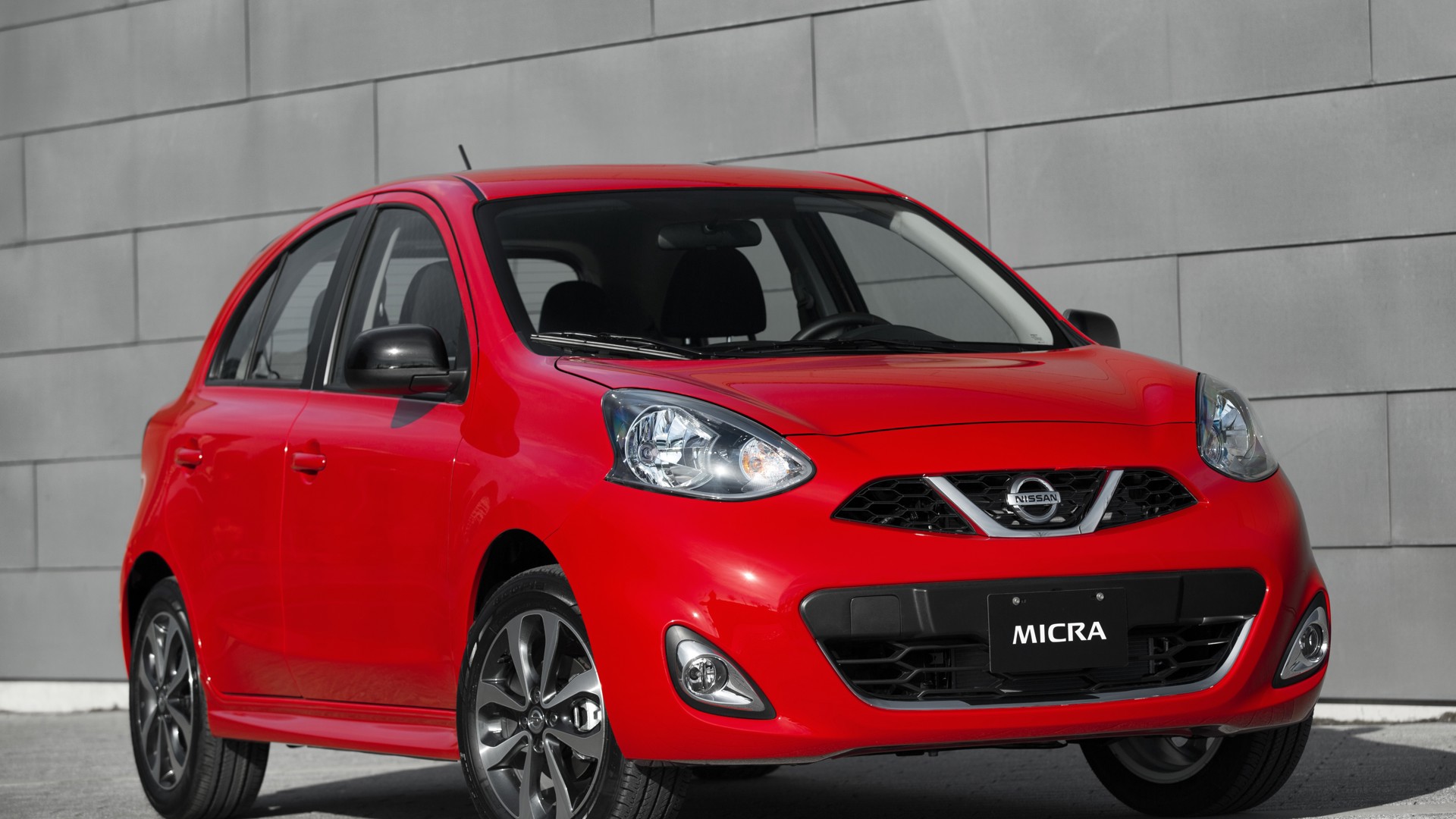
Nissan Micra (2015–2019)
The Nissan Micra's run was short but sweet. Nissan Canada brought the Micra here in 2015 with a sub-$10,000 price that made it the country's least-expensive new car. But Nissan no longer believes the Micra's low price and cheerful disposition are enough to justify its existence, especially when it has the Kicks and Qashqai crossovers and Sentra sedan to offer budget-minded buyers. The Micra's disappearance casts doubt on the future of the Micra Cup, a Canadian grassroots racing series that sprang up shortly after the car went on sale.
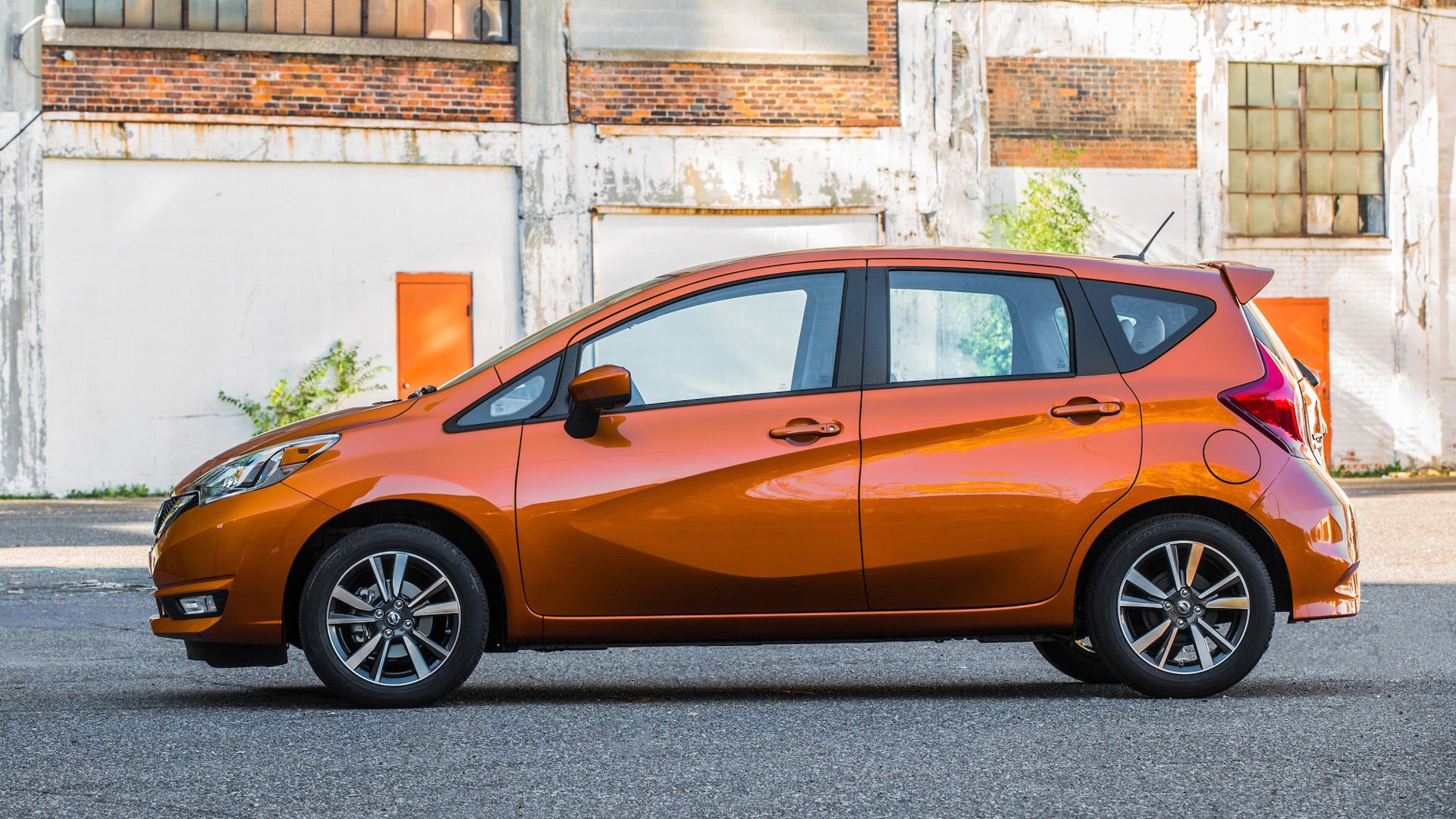
Nissan Versa Note (2014–2019)
The Versa Note was the second generation of Nissan's subcompact hatchback model, and boasted an uncommonly spacious cabin for its price. Like the Micra, the Versa Note was pushed aside by Nissan's rush into compact-crossover territory. The Kicks crossover effectively replaces the Versa Note, but at a higher price. Fans of small cars can either shop another brand or give up hatchback practicality and choose the Sentra sedan, Nissan's sole remaining compact-car model.
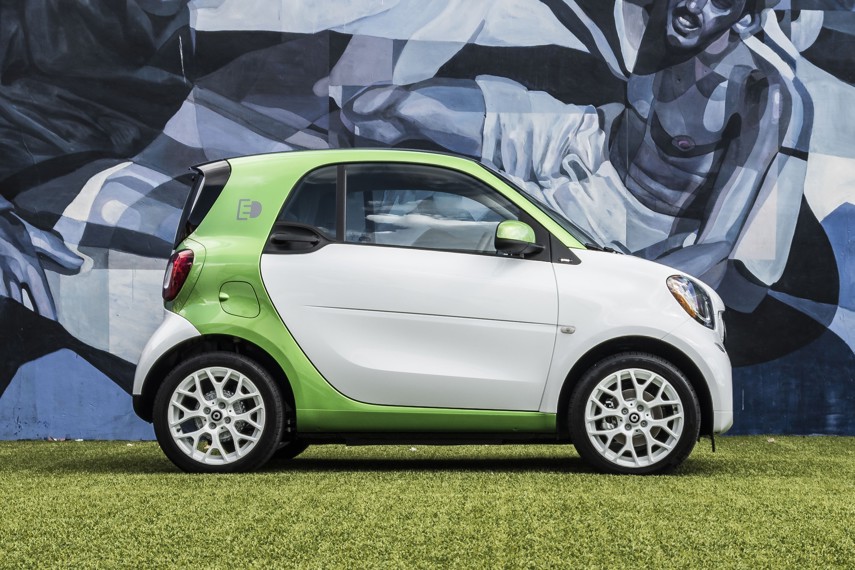
Smart Fortwo (2006–2019)
This Mercedes-built electric city car is gone as Benz seeks to attract buyers with more mainstream designs like the subcompact A-Class and a forthcoming line of EQ-branded EVs. Ironically, there simply was no longer room in the Mercedes-Benz portfolio for the tiny, quirky Fortwo. That's a shame, because we feel like the model only found its true calling a few years ago when it adopted battery power.
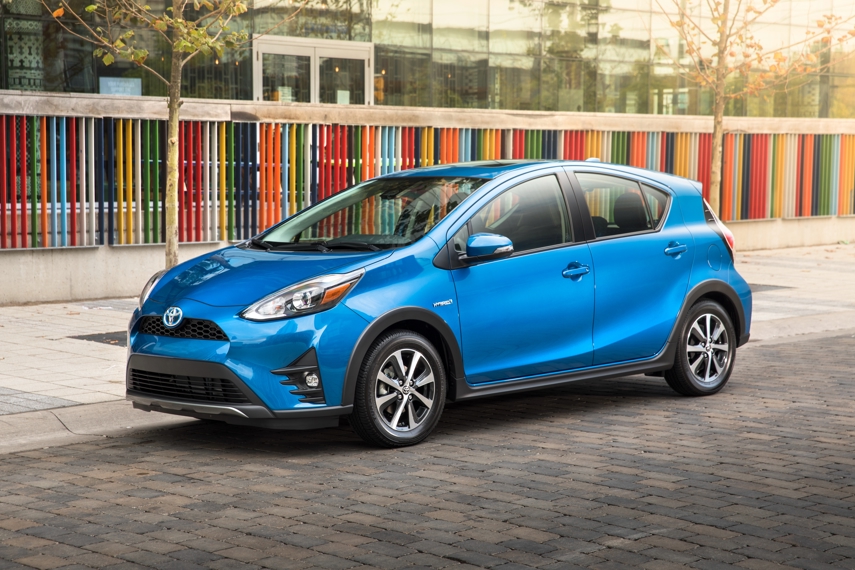
Toyota Prius c (2012–2019)
The Toyota Prius c subcompact hatch follows last year's elimination of the Prius V wagon, taking the well-known hybrid line back to its roots in a single liftback body style. This little car should have been an easy sell to cost-conscious city dwellers, but like so many small cars, its appeal faded in the face of stiffer competition from newer crossover models and the standard Prius's addition of plug-in and AWD options. Getting rid of this model also made room for the new Corolla Hybrid.
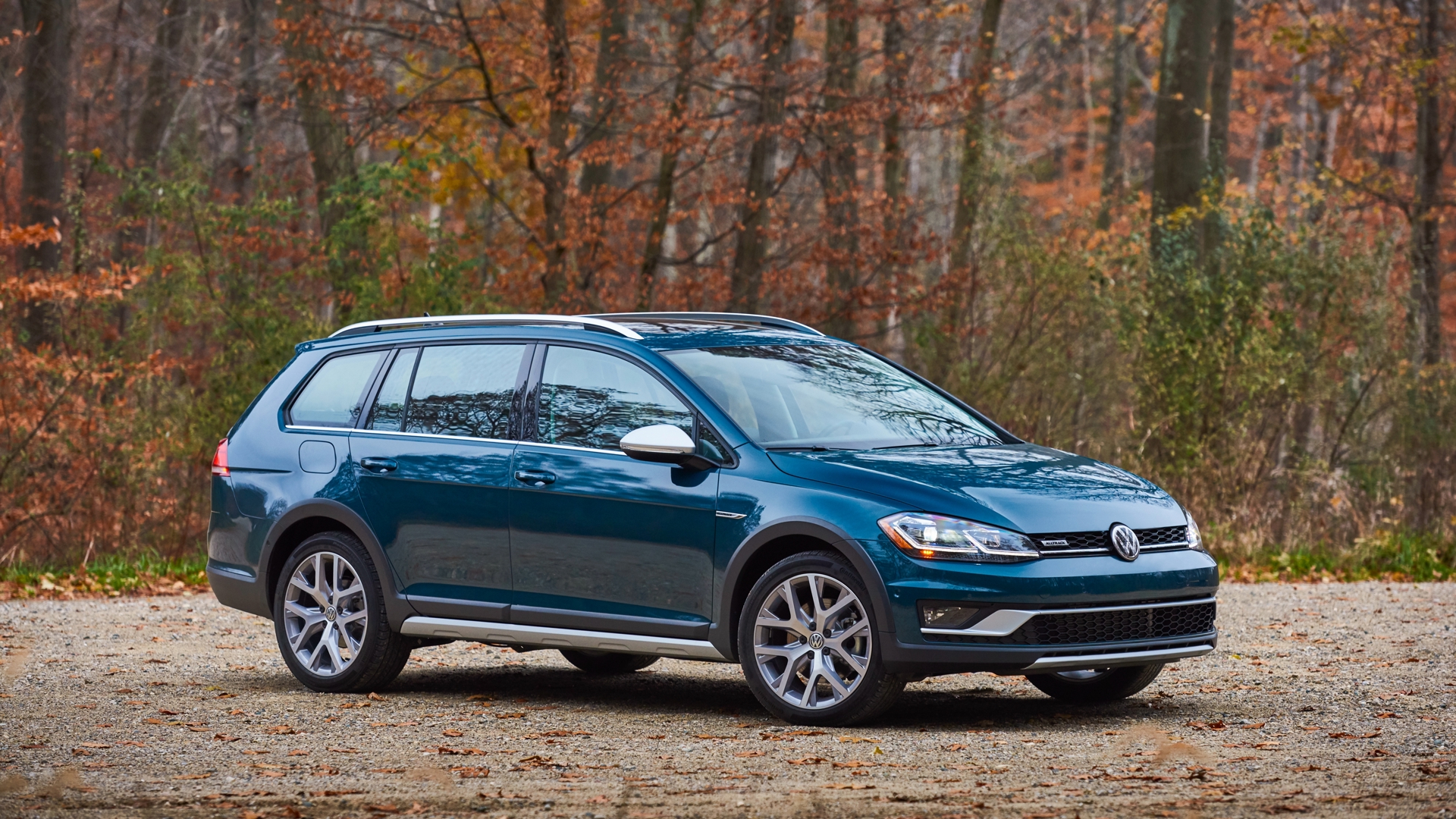
Volkswagen Golf Sportwagen/Alltrack (2014–2019)
The 2019 model year marks a turning point for the long-running Golf compact hatchback. Volkswagen has begun building an all-new, eighth-generation model that will debut shortly in Europe, but we won't get it here until after the 2020 model year. The seventh-gen Golf hatch remains, but the Sportwagen station wagon is gone – sort of. Volkswagen has stopped shipping the Sportwagen to North America, but VW Canada has stockpiled a bunch so it can keep selling them here through at least part of 2020. That's a nod to the fact that Canadians appreciate station wagons more than car buyers in the US do.
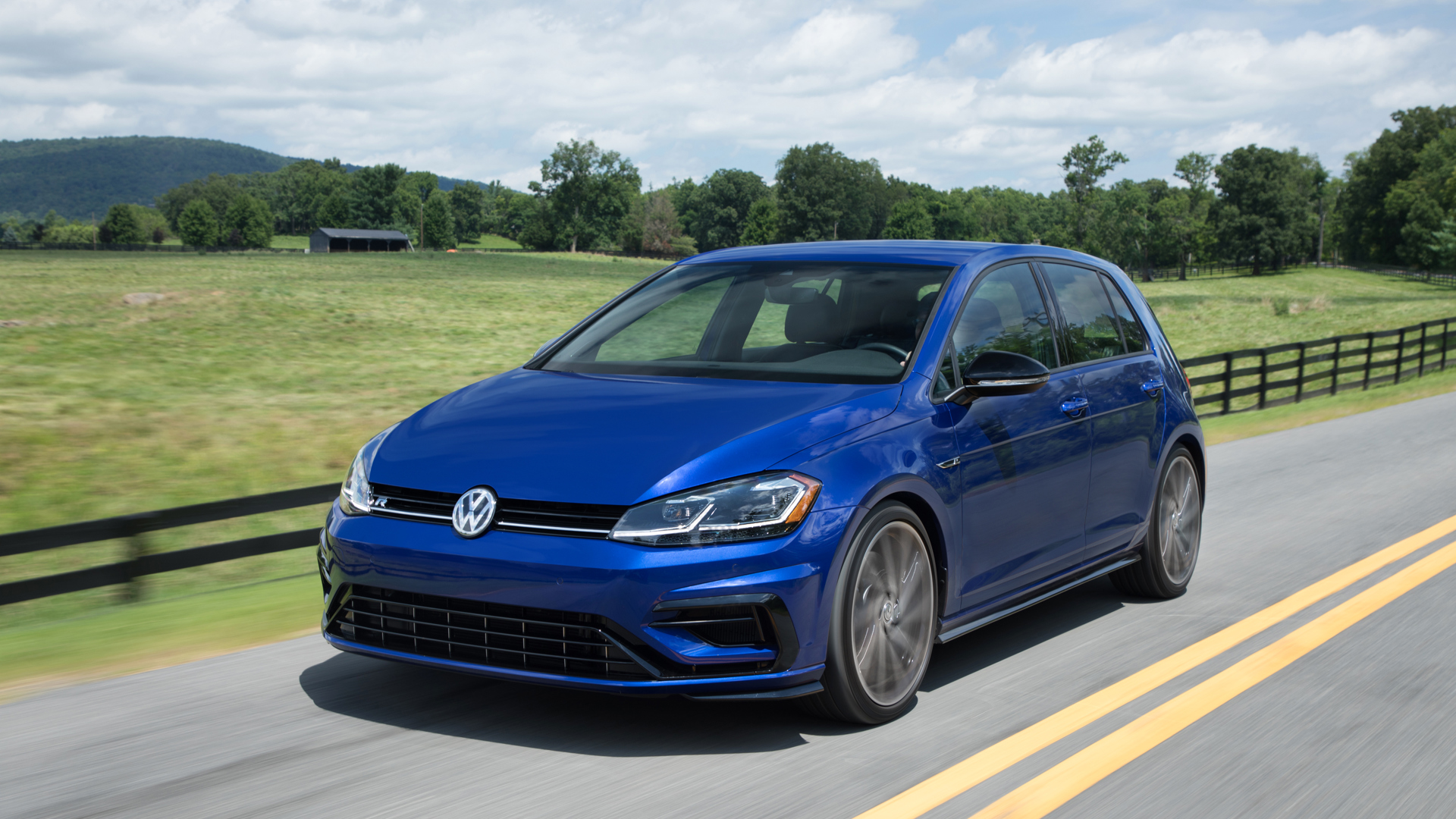
Volkswagen Golf R (2012–2019)
The speedy Golf R also went away this year. It was notable for the all-weather fun allowed by its all-wheel traction, but less entertaining overall than the lighter GTI. If Volkswagen ever gets back into AWD hot hatches in North America, count on it being with a hybrid or all-electric model, as post-Dieselgate VW continues its transition to battery power.
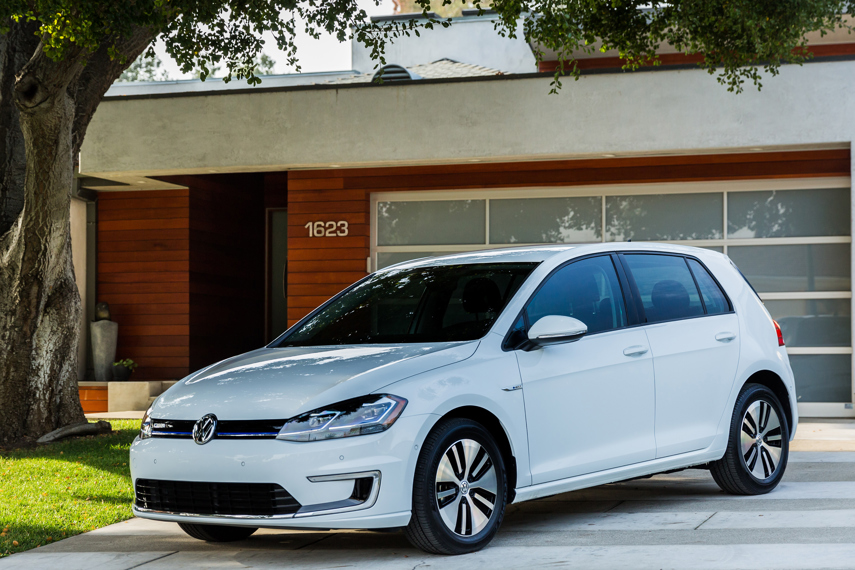
Volkswagen e-Golf (2017–2020, not 2019!)
While our original version of this article said the e-Golf, Volkswagen's sole plug-in model, had gone away, VW Canada's Thomas Tetzlaff informed us the company is actually importing a bunch of 2020 models. He says those cars should help meet strong demand for the car in this country. E-Golf's follow-up will be an electric compact crossover that will come to Canada in 2021.
Stay of execution: Cadillac CT6, Chevrolet Impala, and GM's Oshawa Car Assembly plant
General Motors has opted to keep building its Cadillac CT6 and Chevrolet Impala full-size sedans until 2020, after announcing in 2018 that both would go away this year. That keeps the company's Oshawa assembly line moving a bit longer before that factory switches over to making parts for various models. Part of the Oshawa property will also be turned into a test facility for autonomous vehicles and technology.
